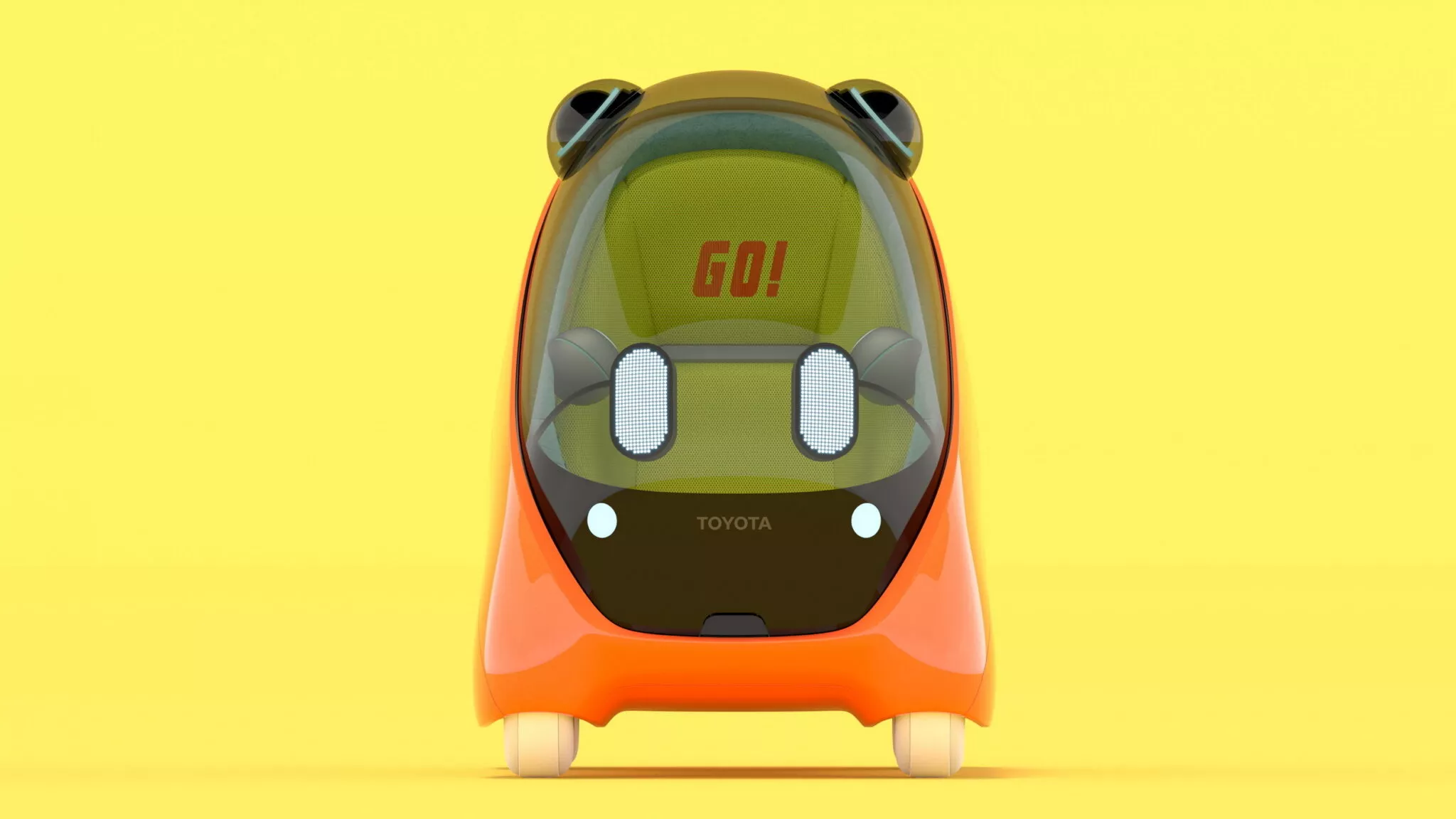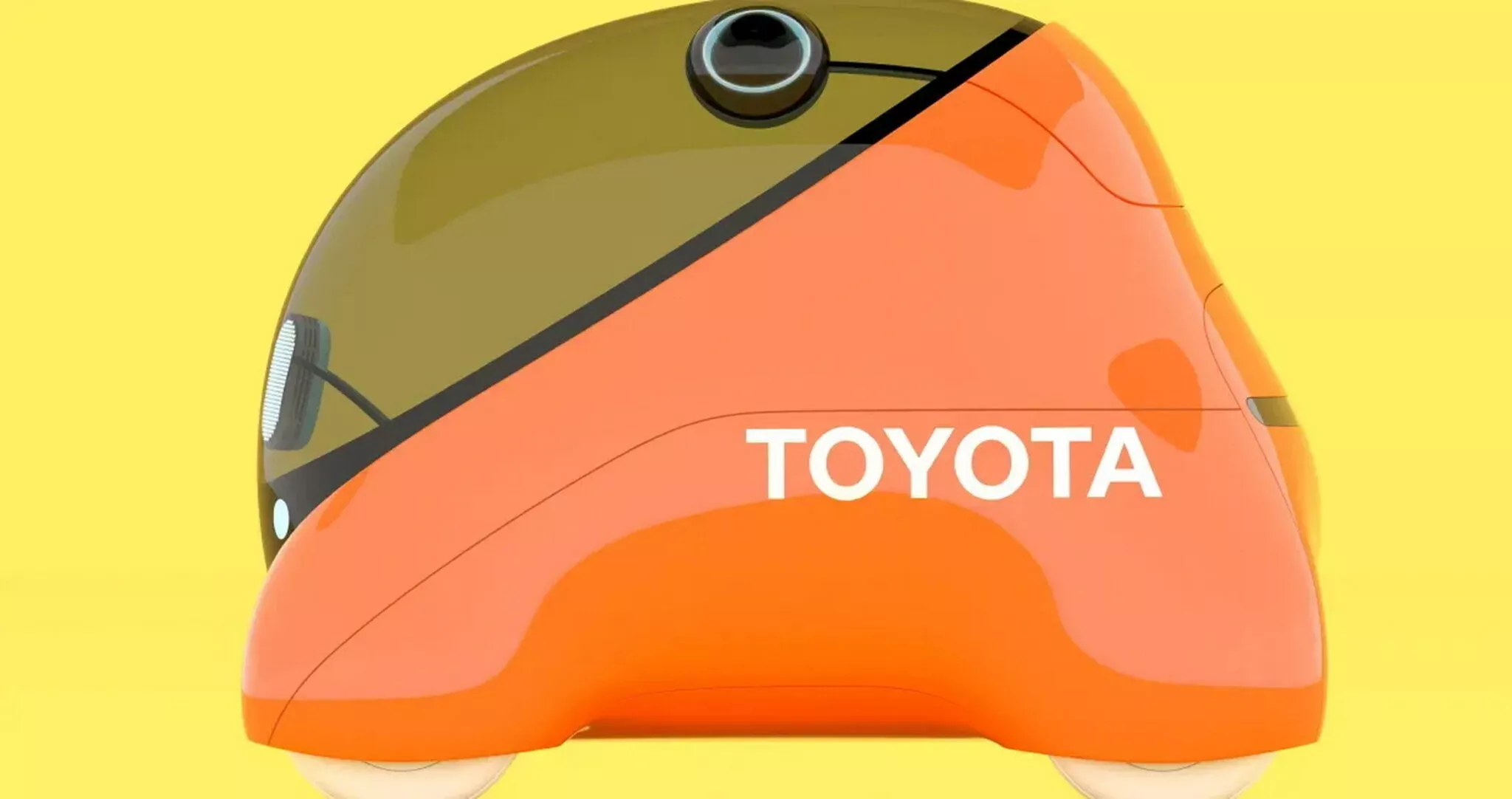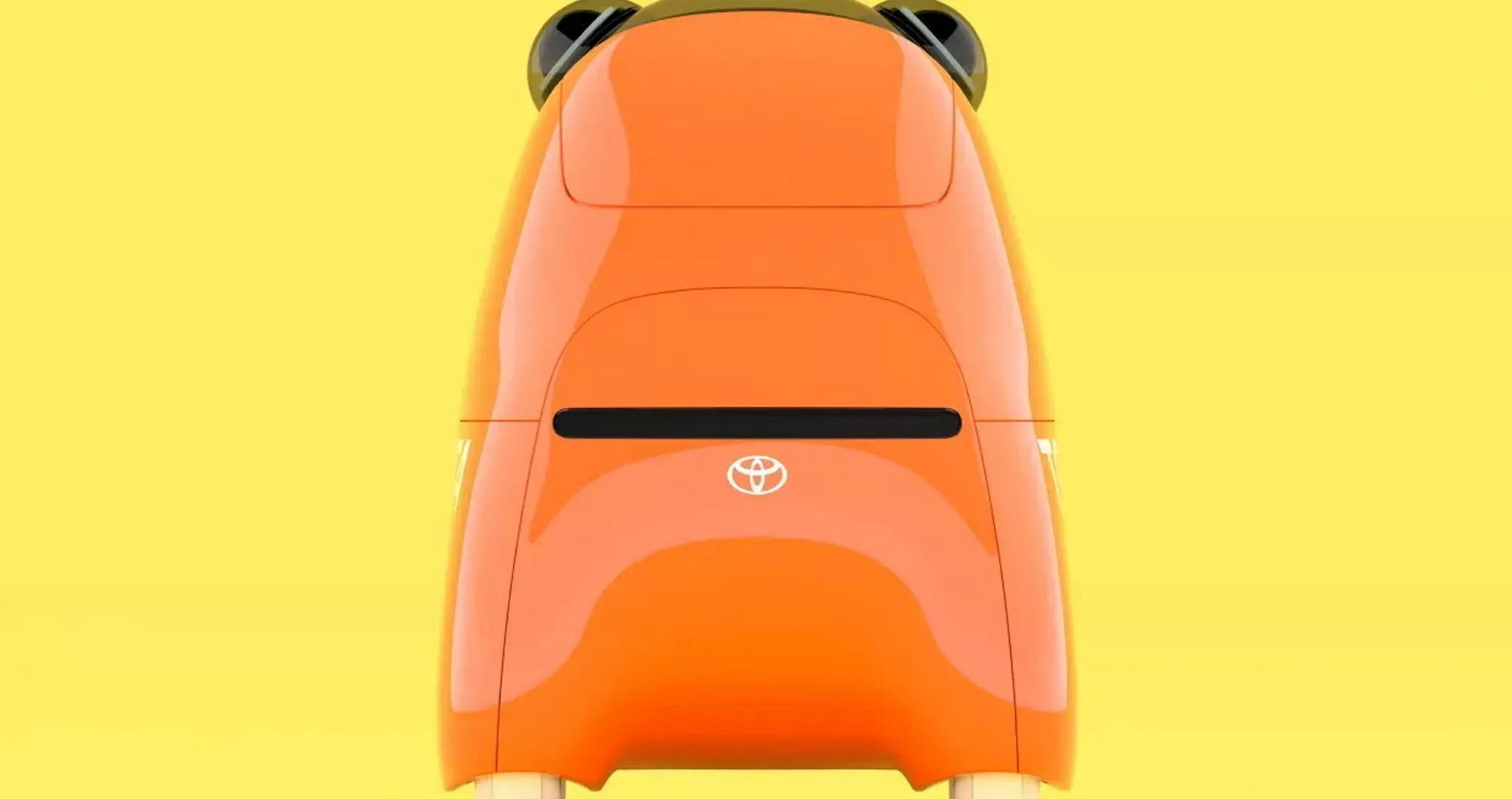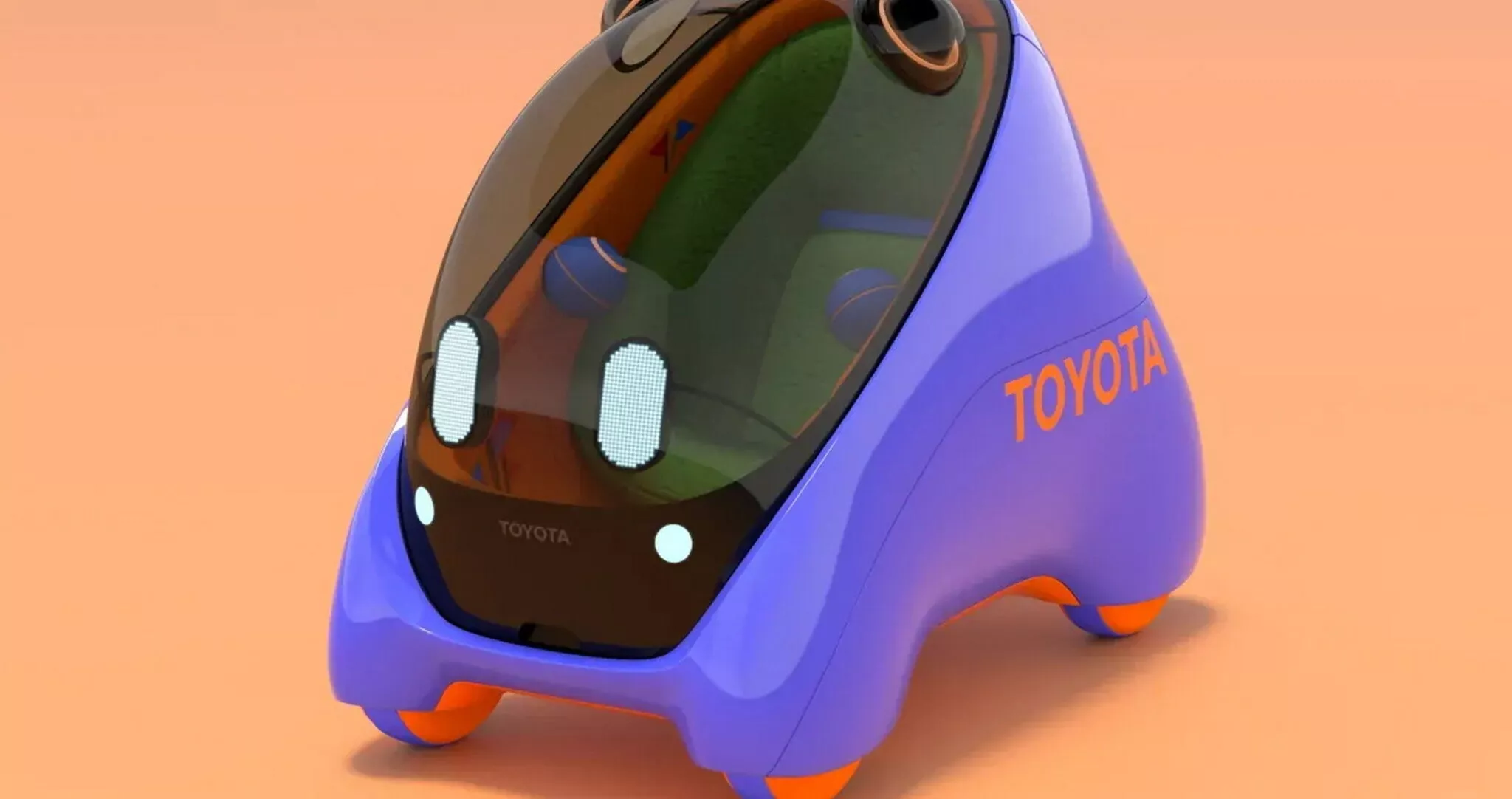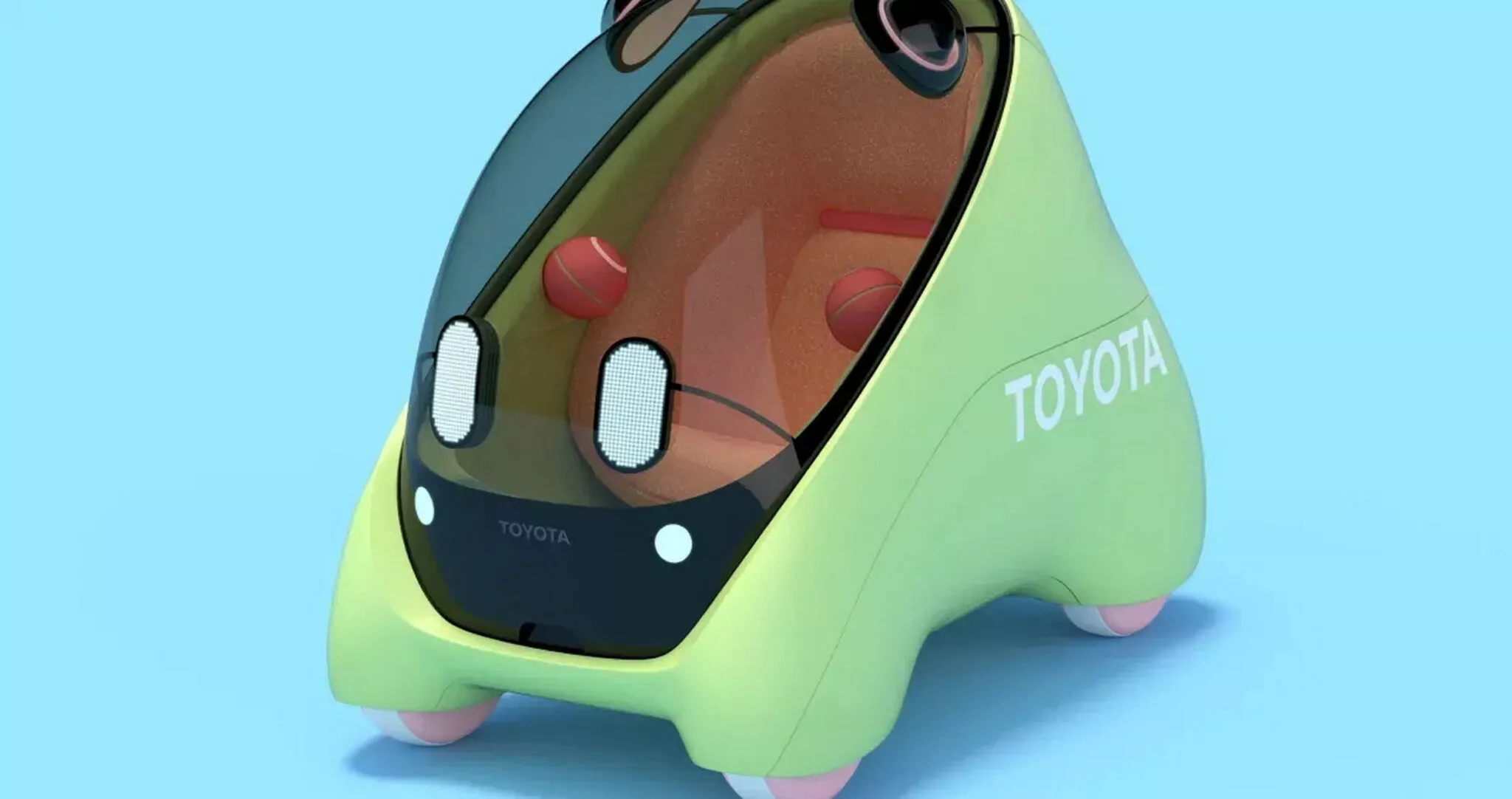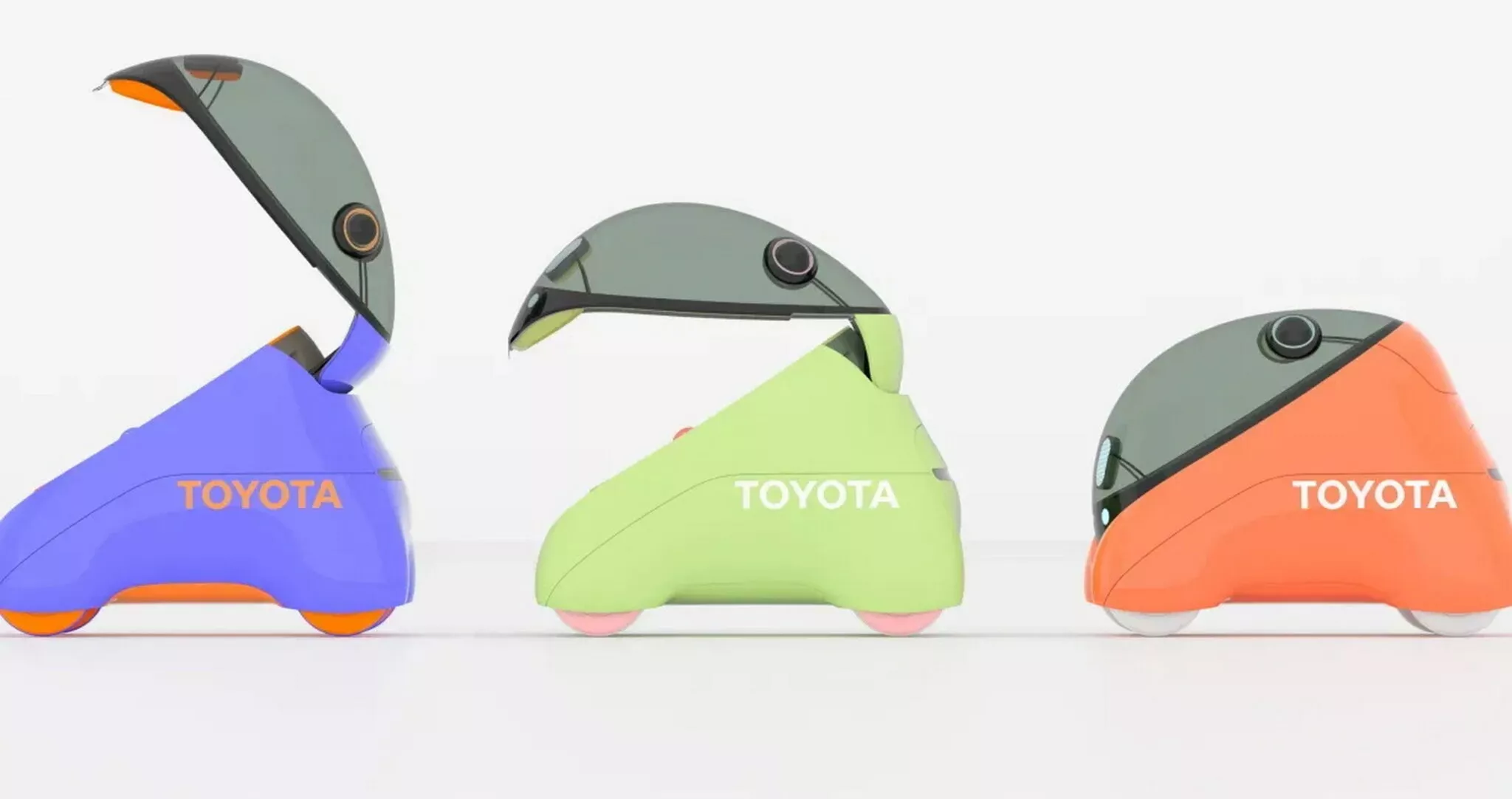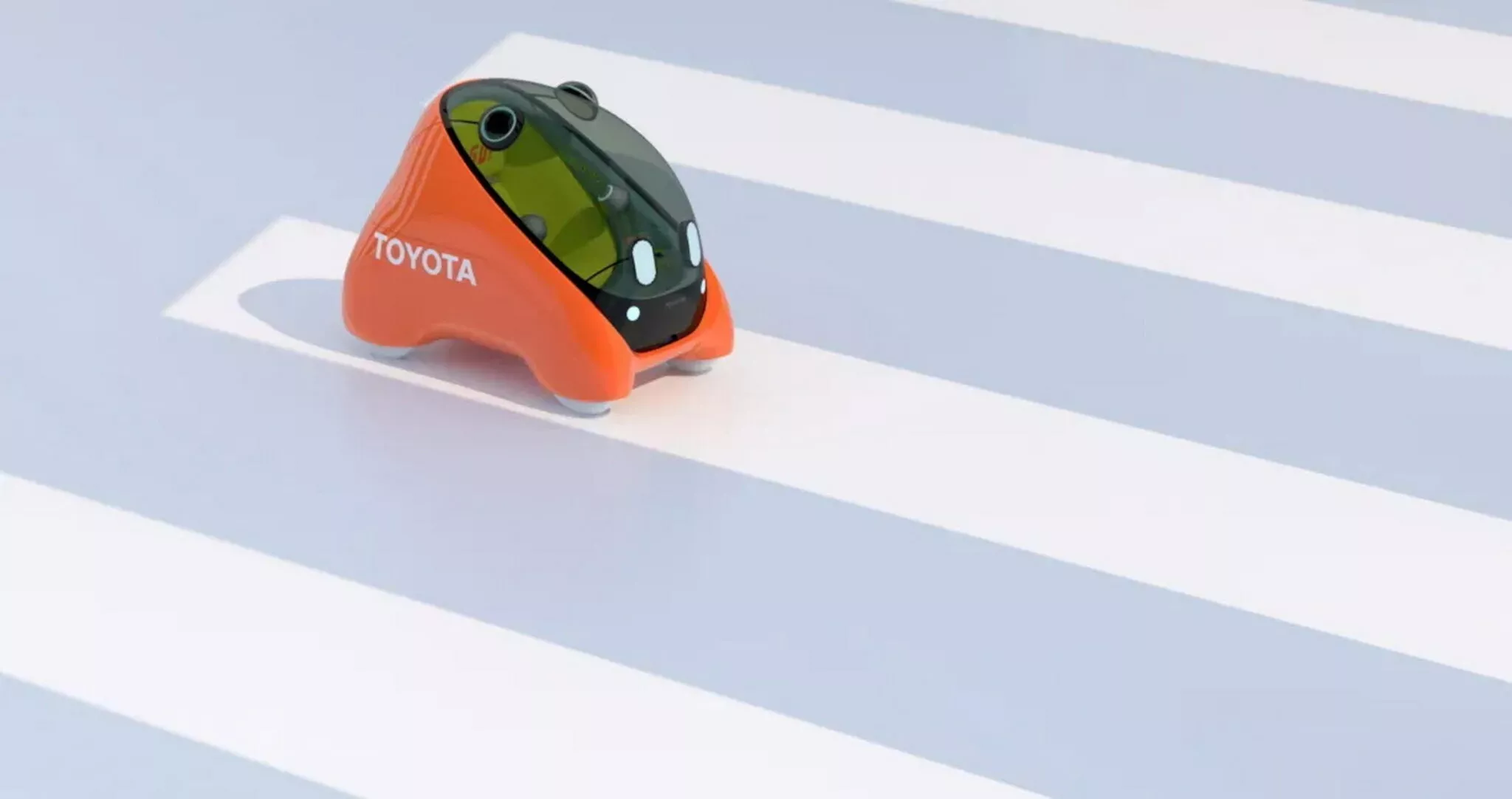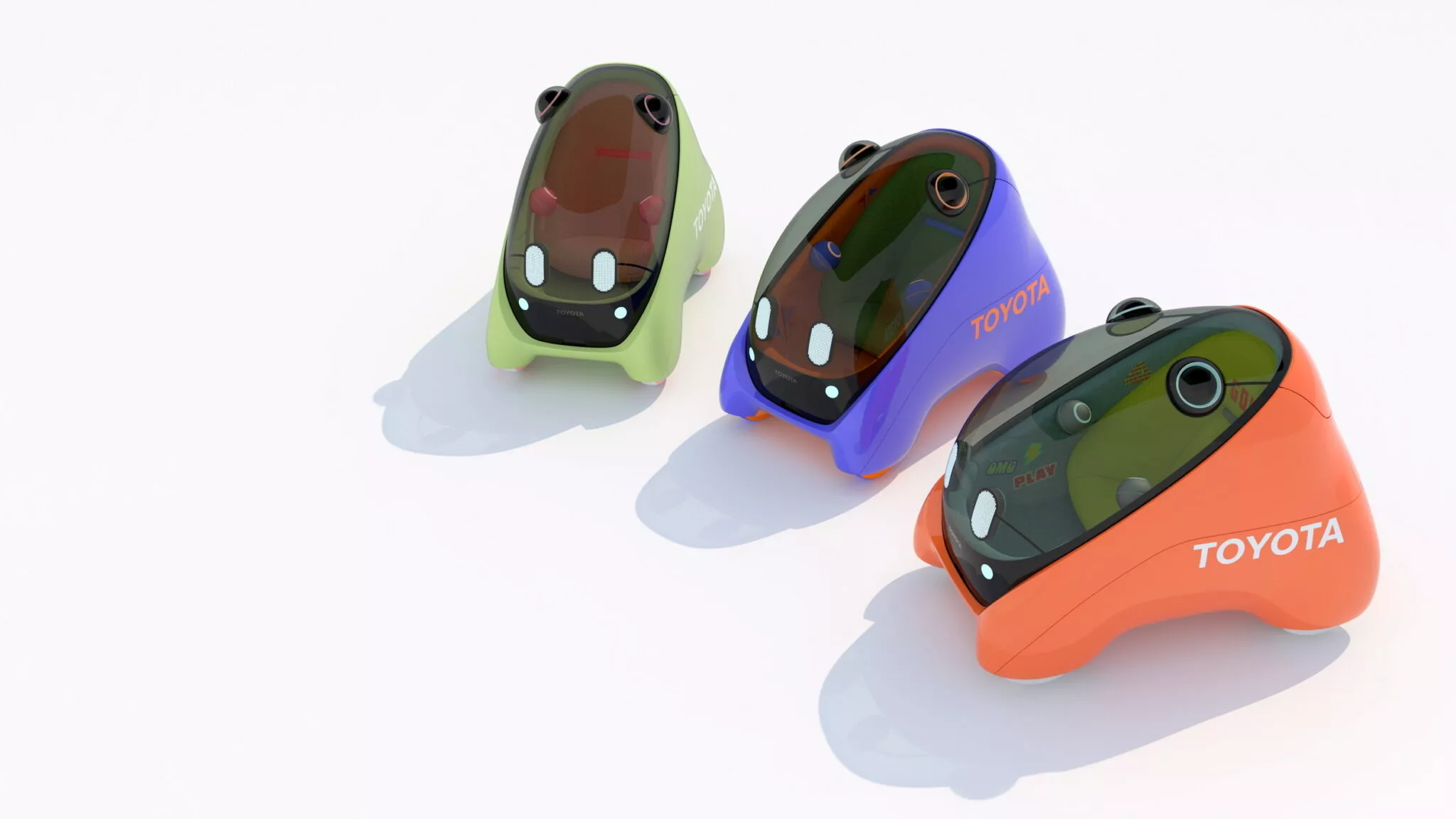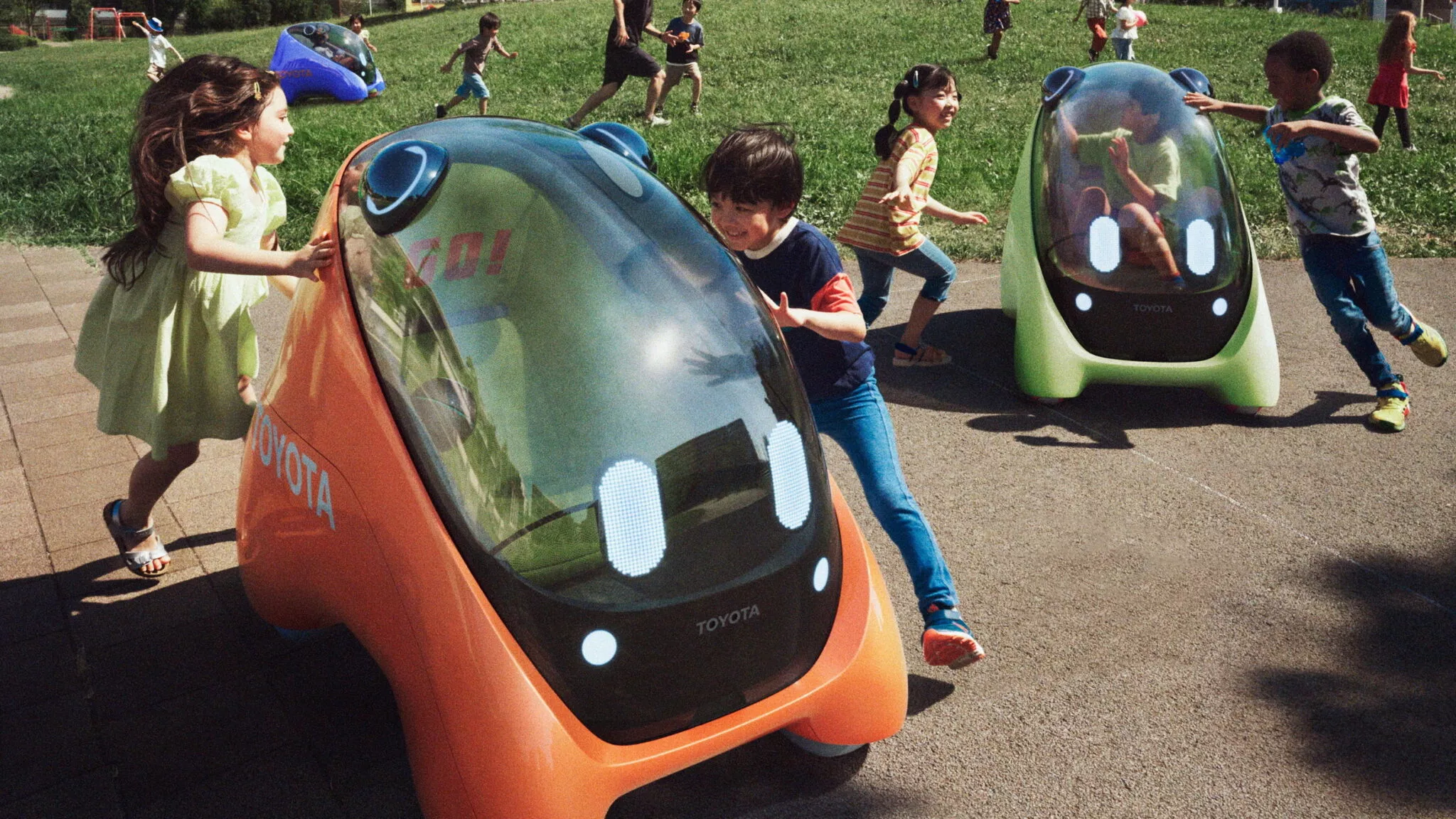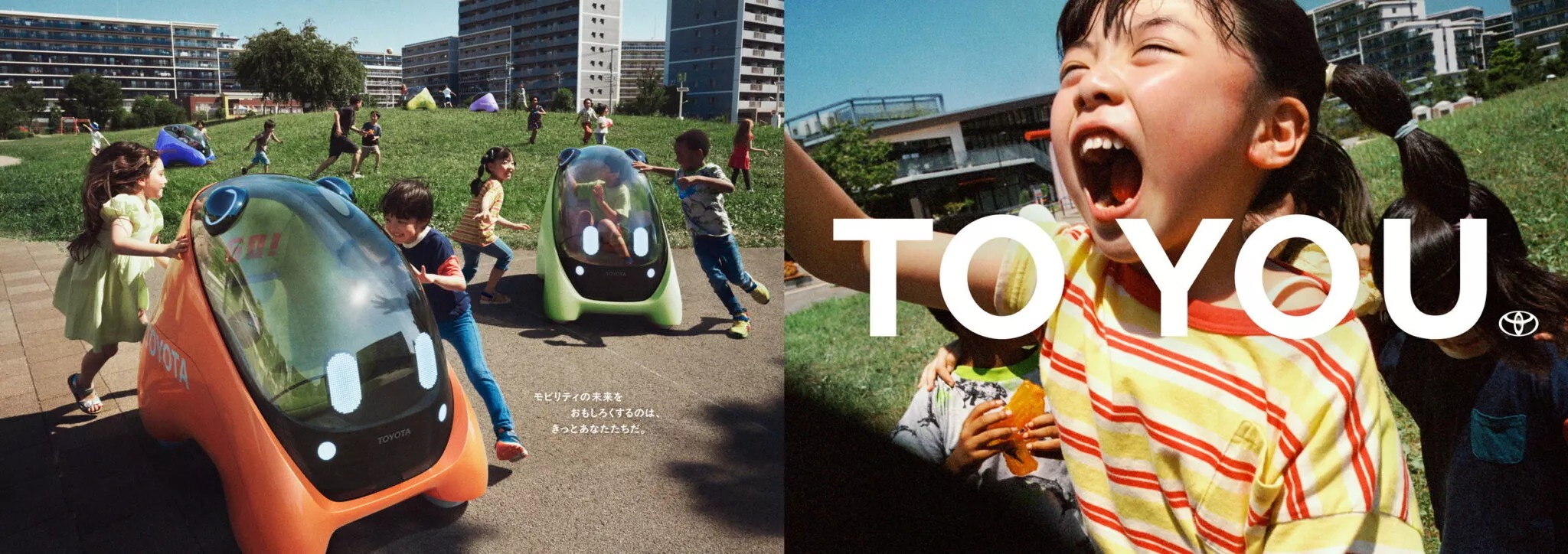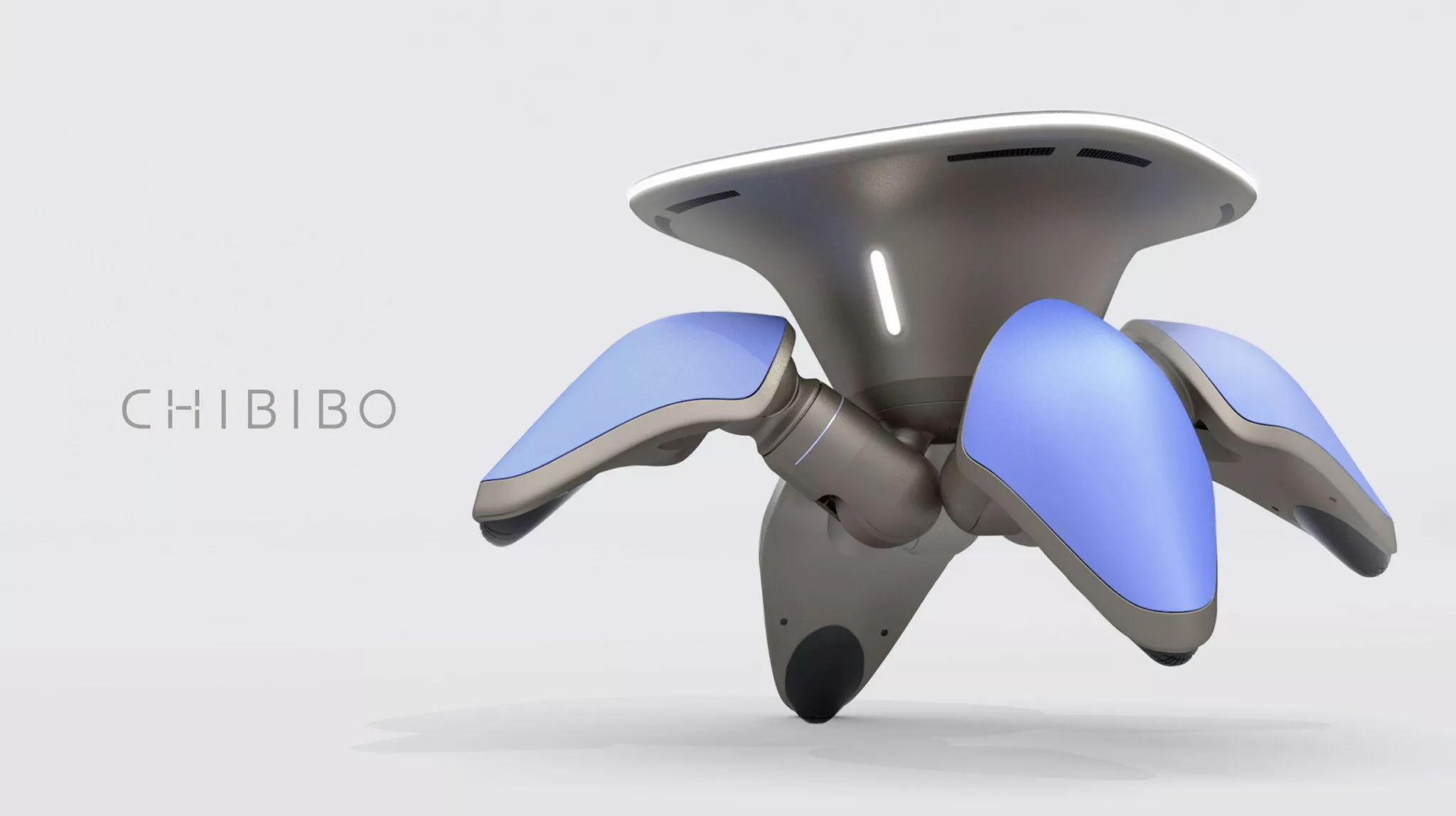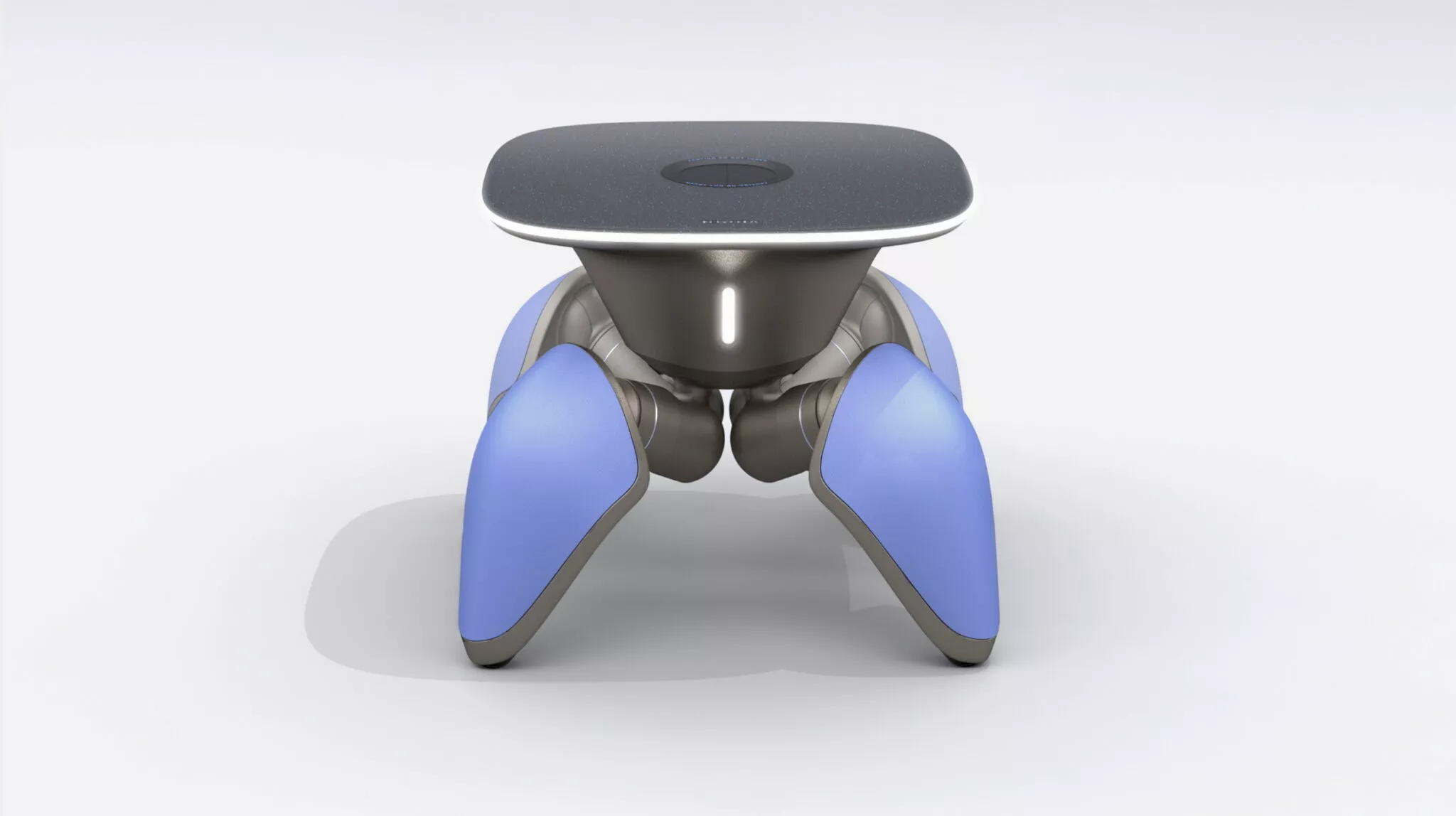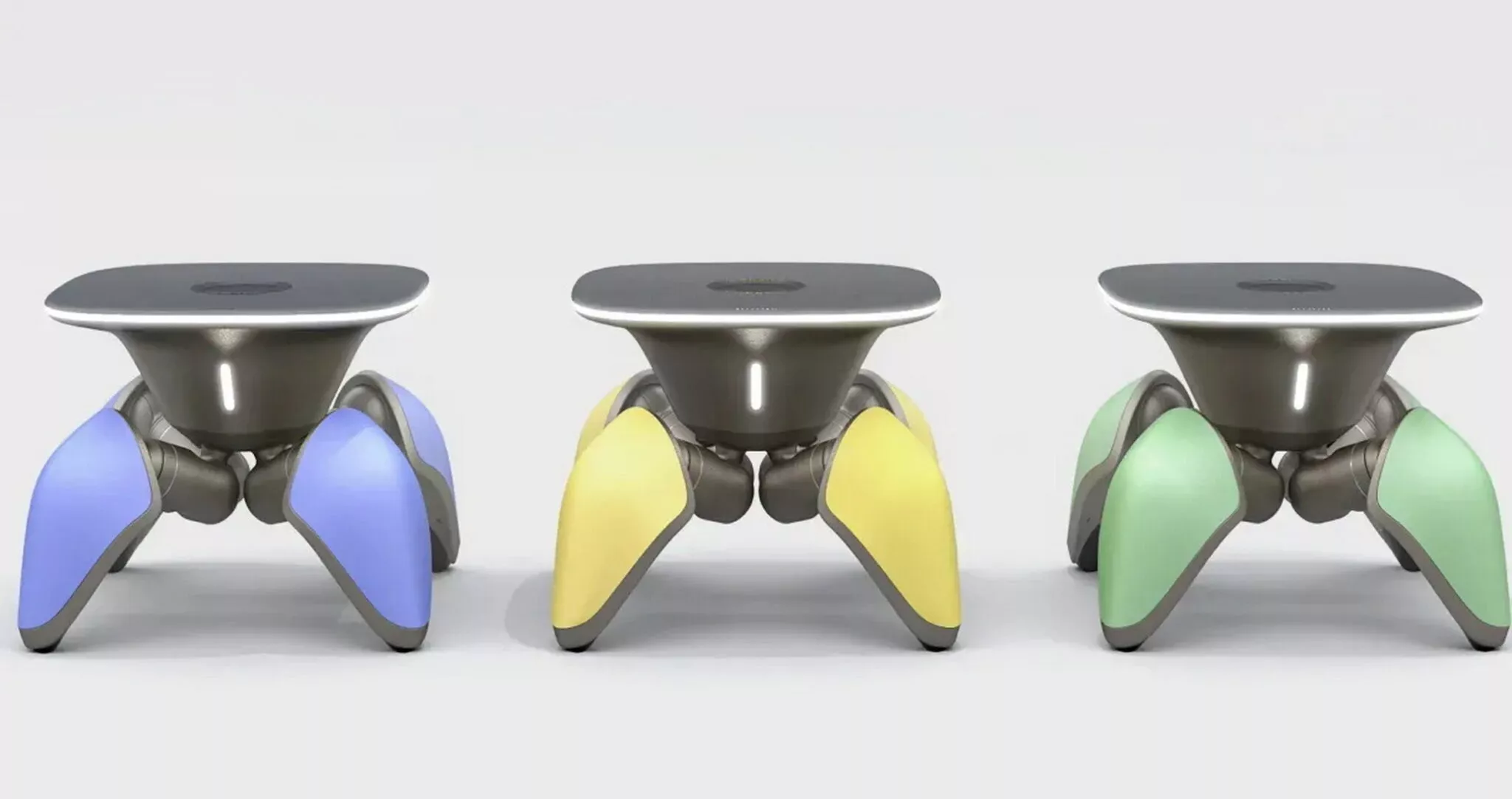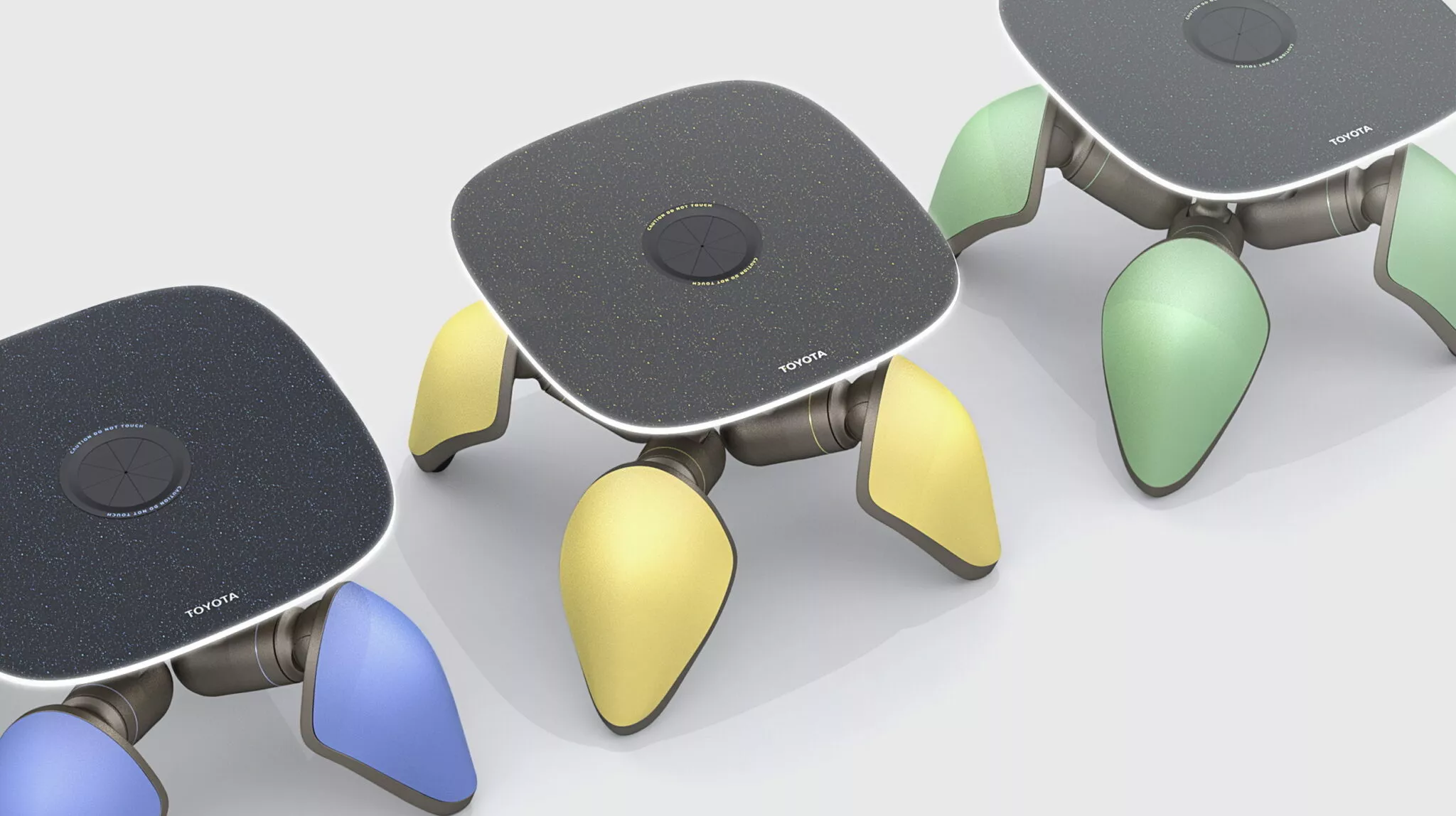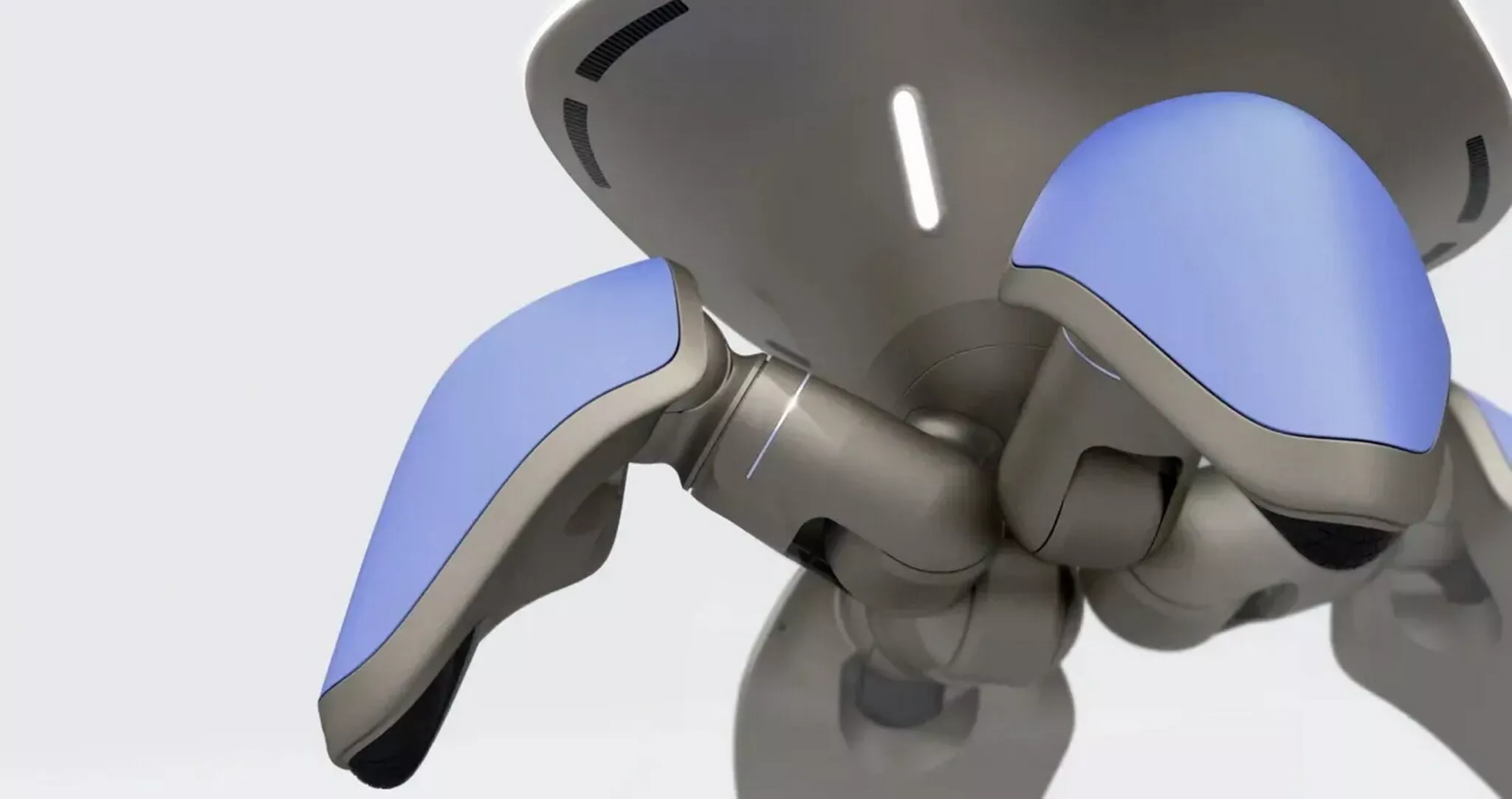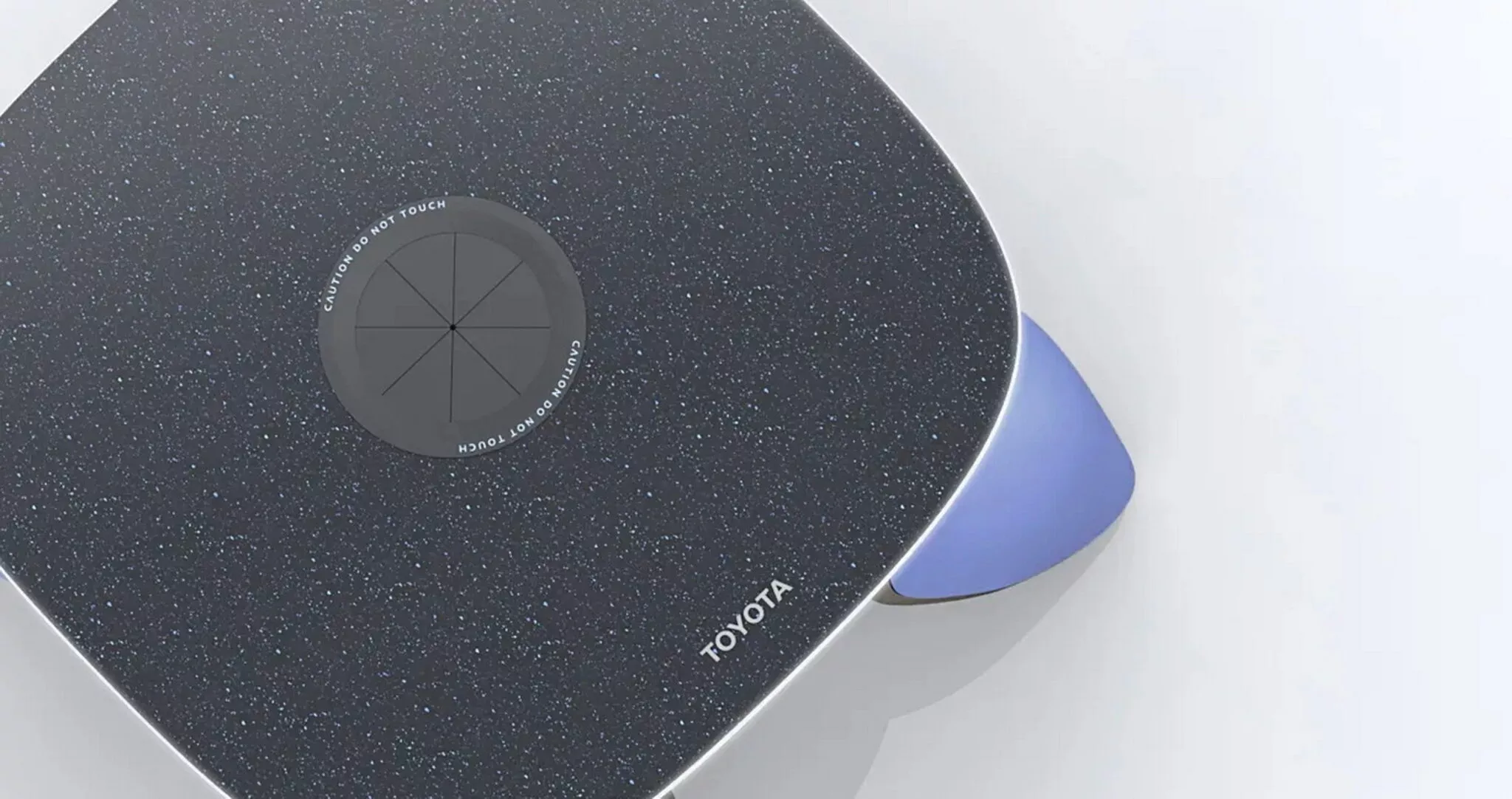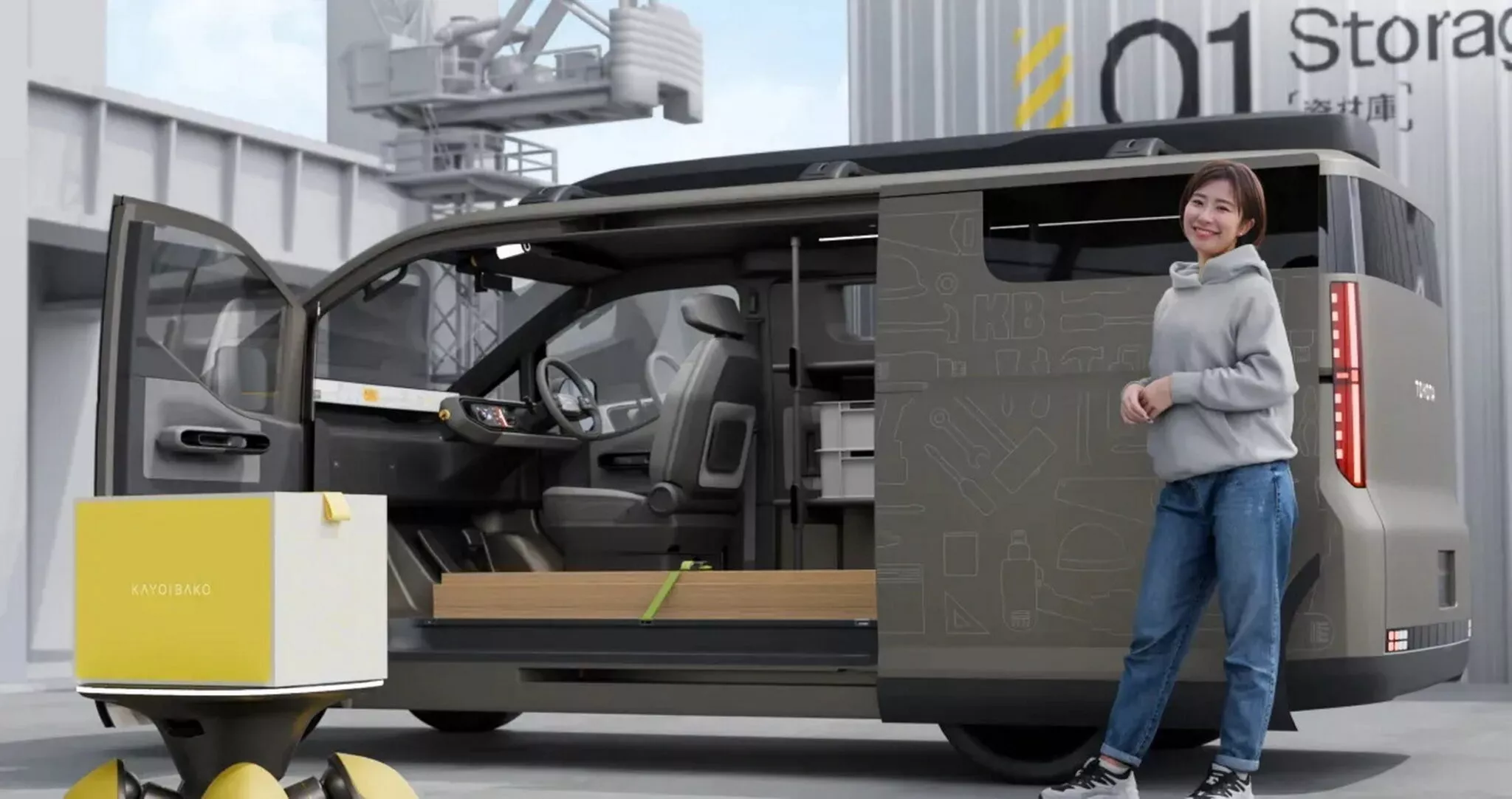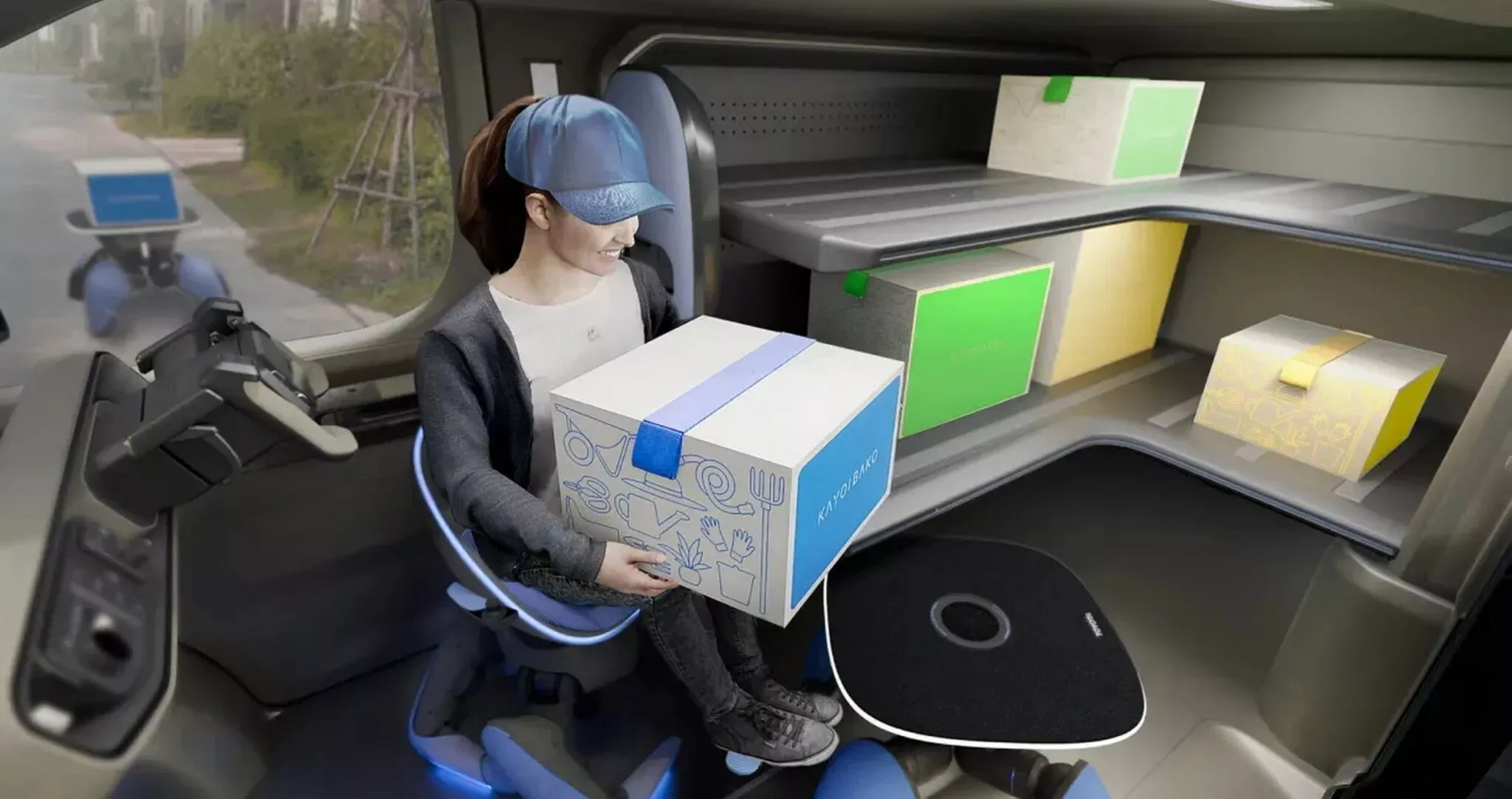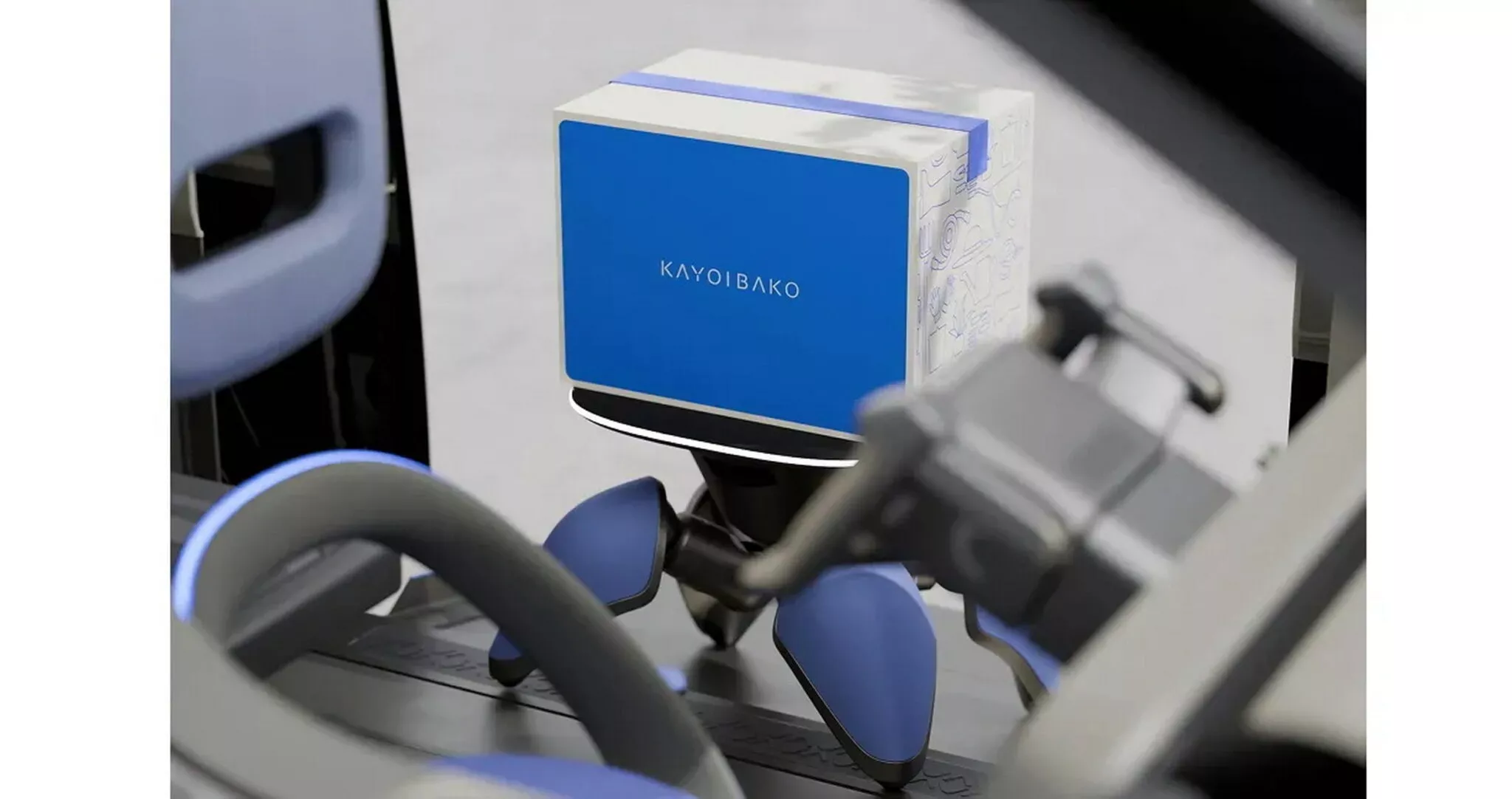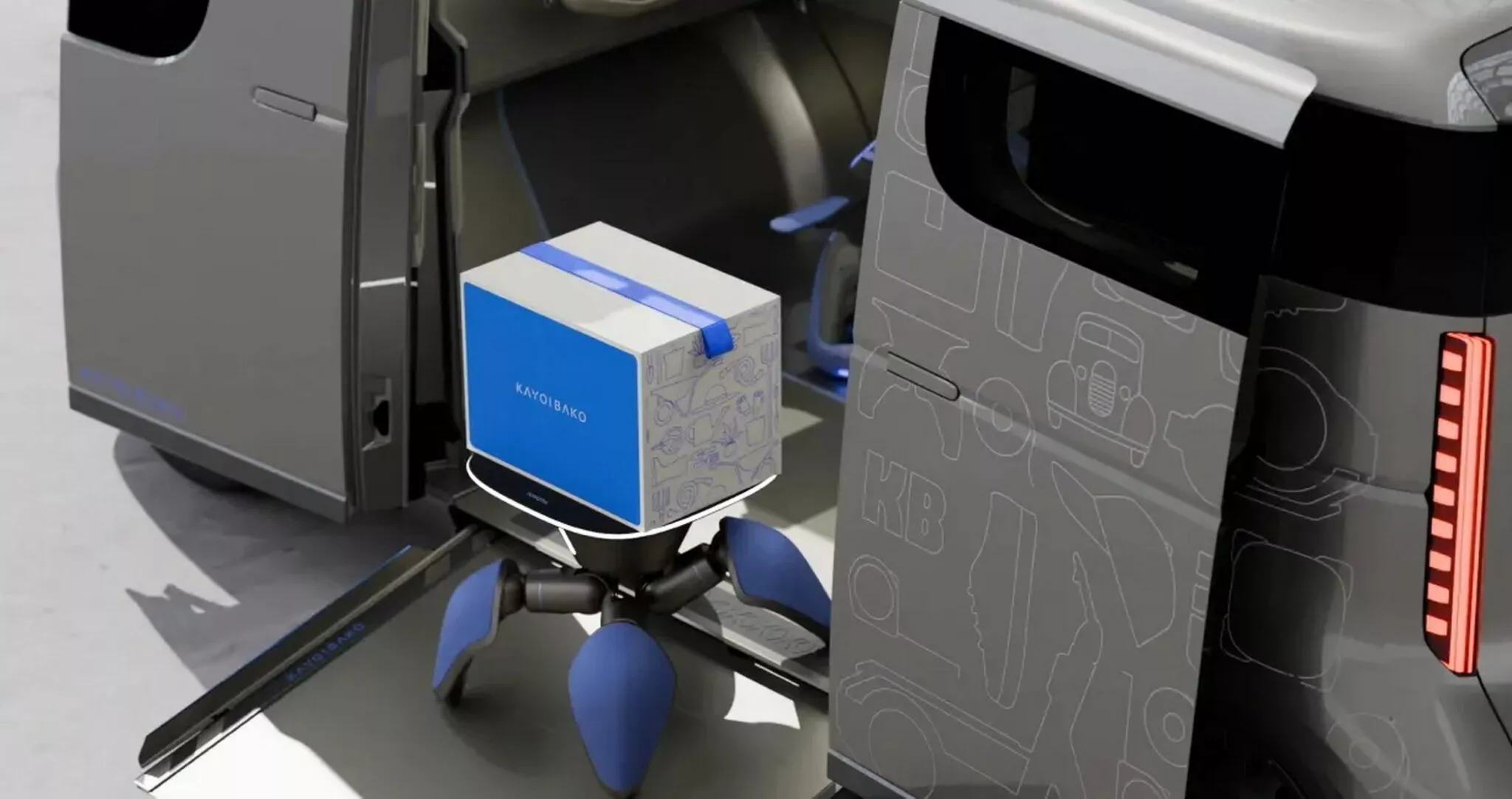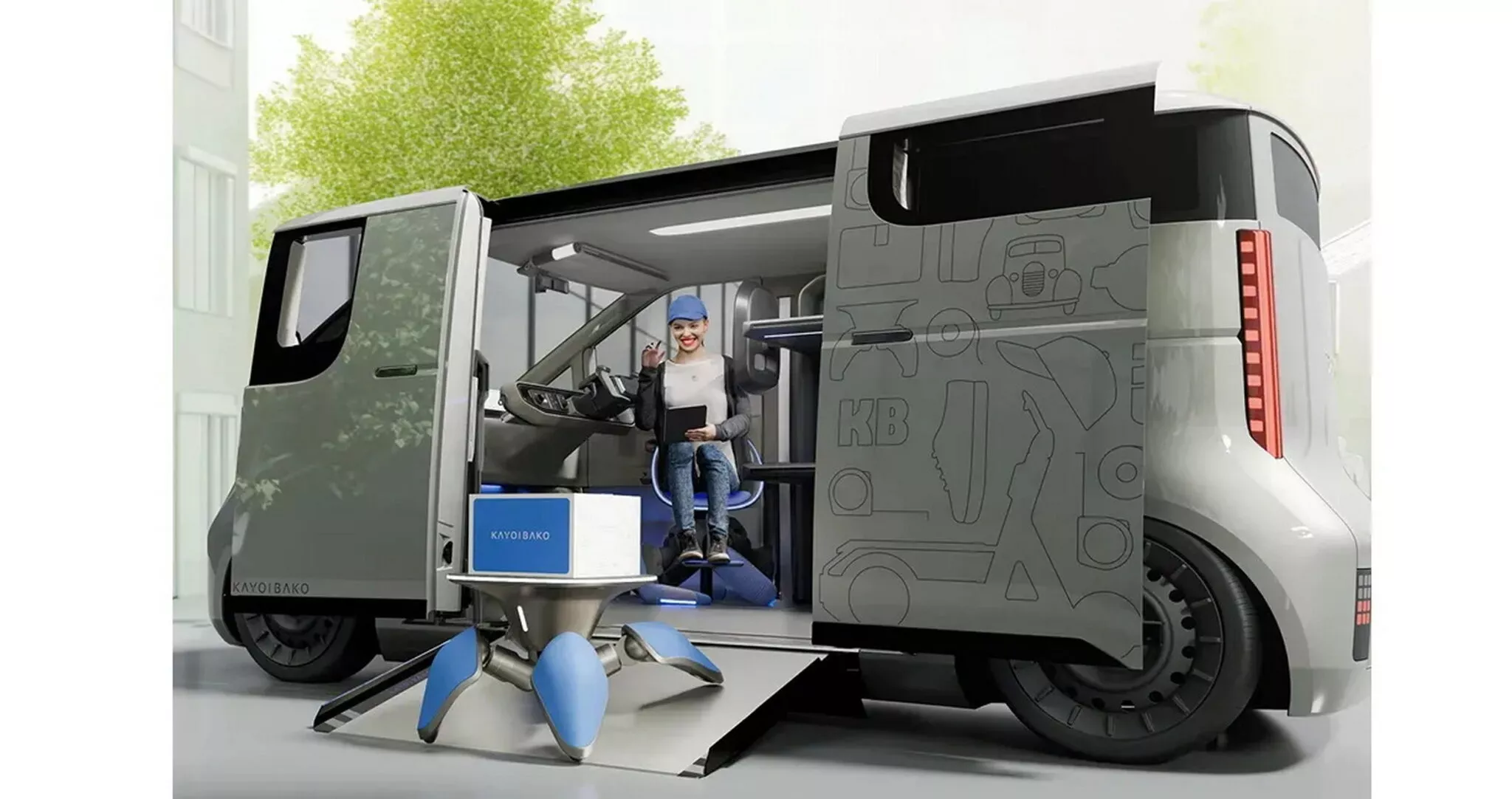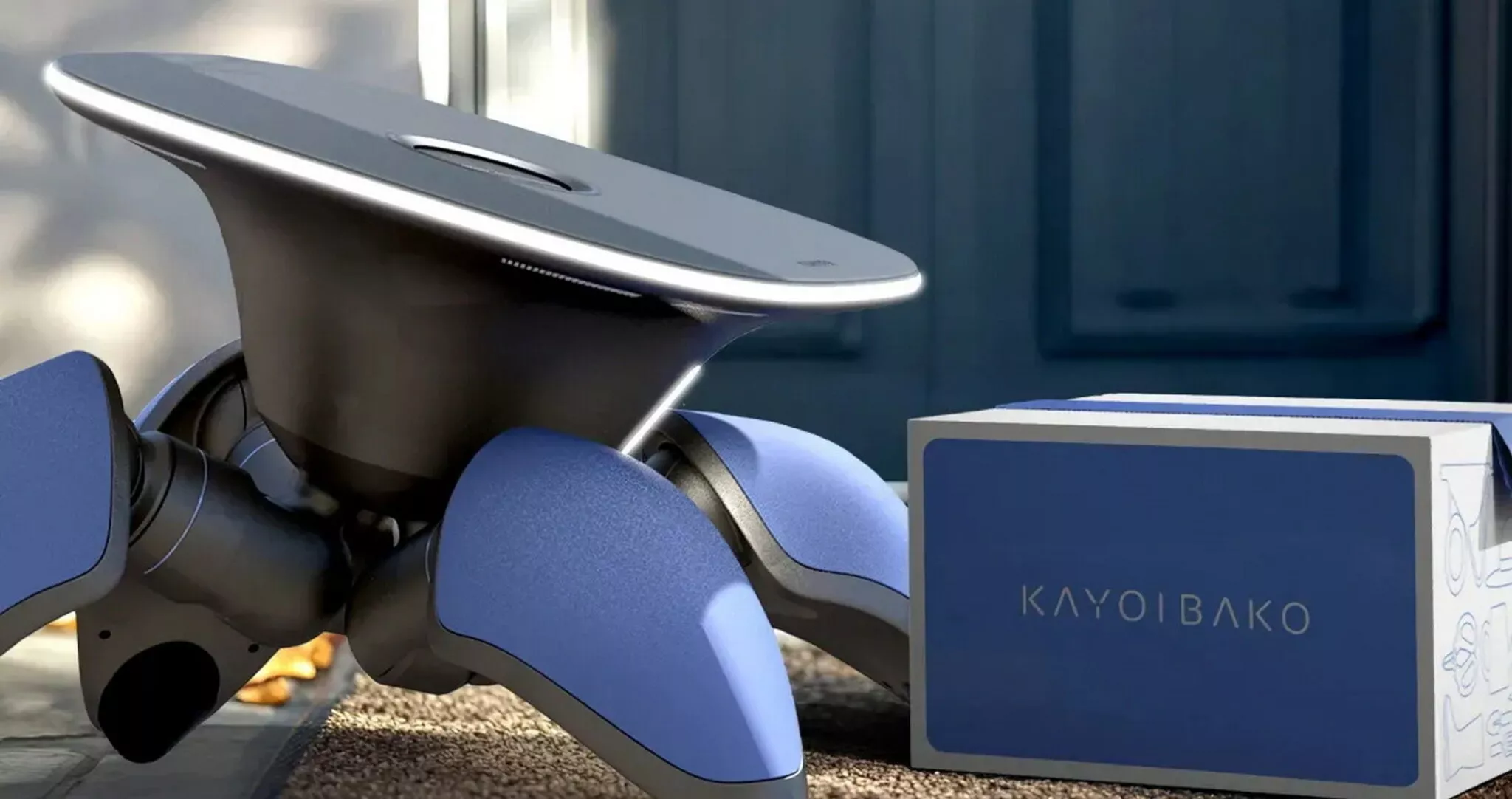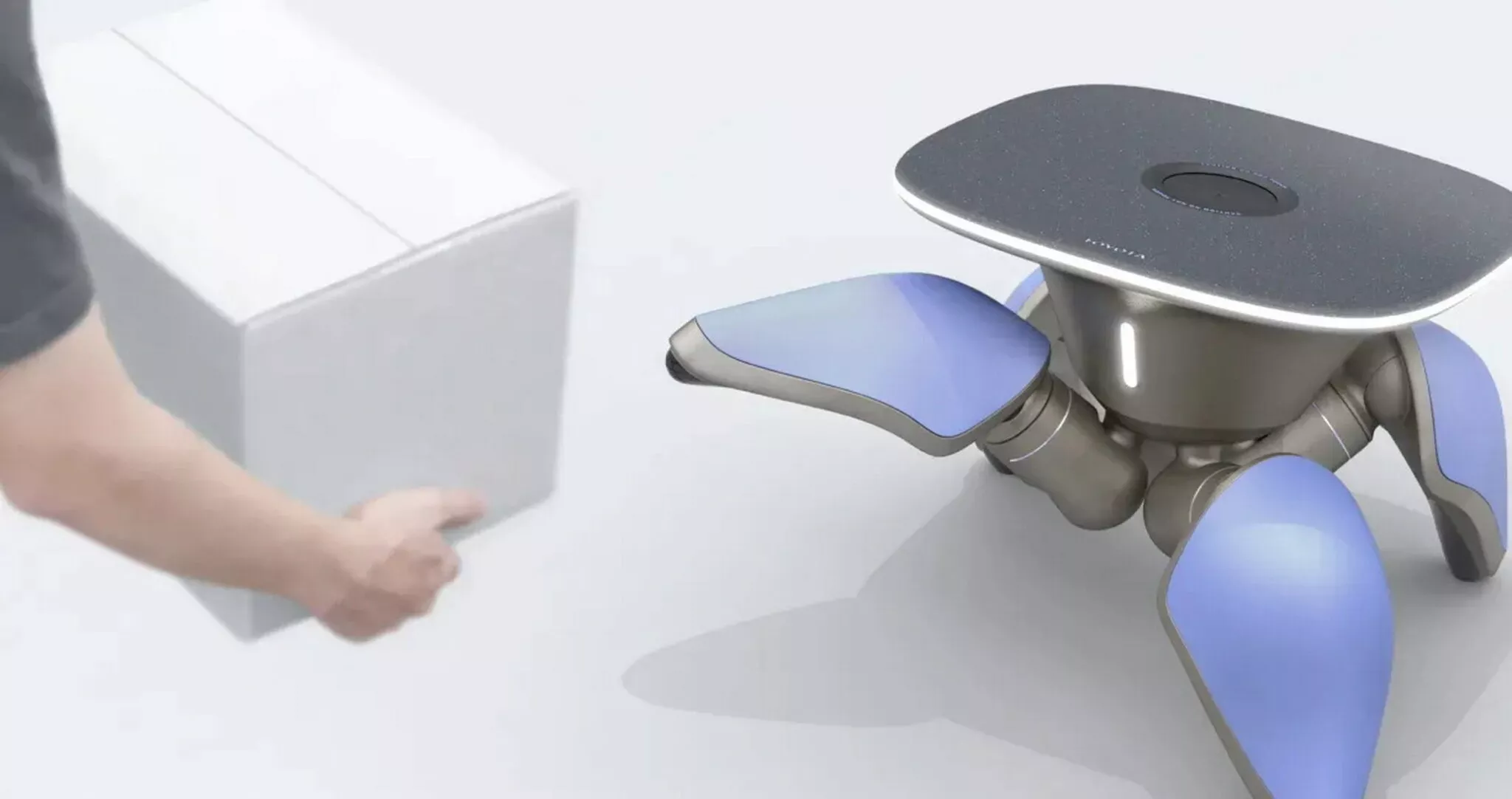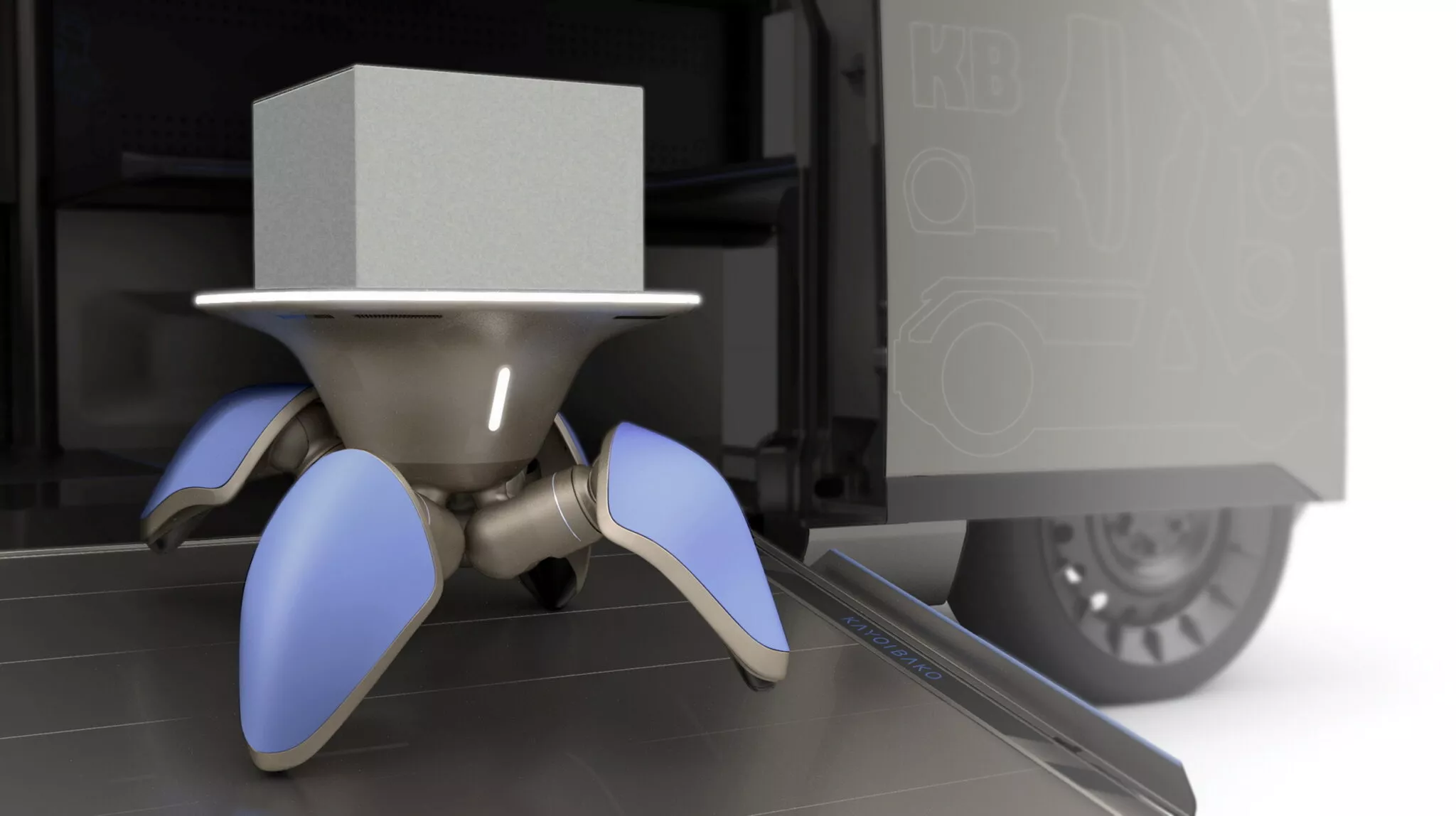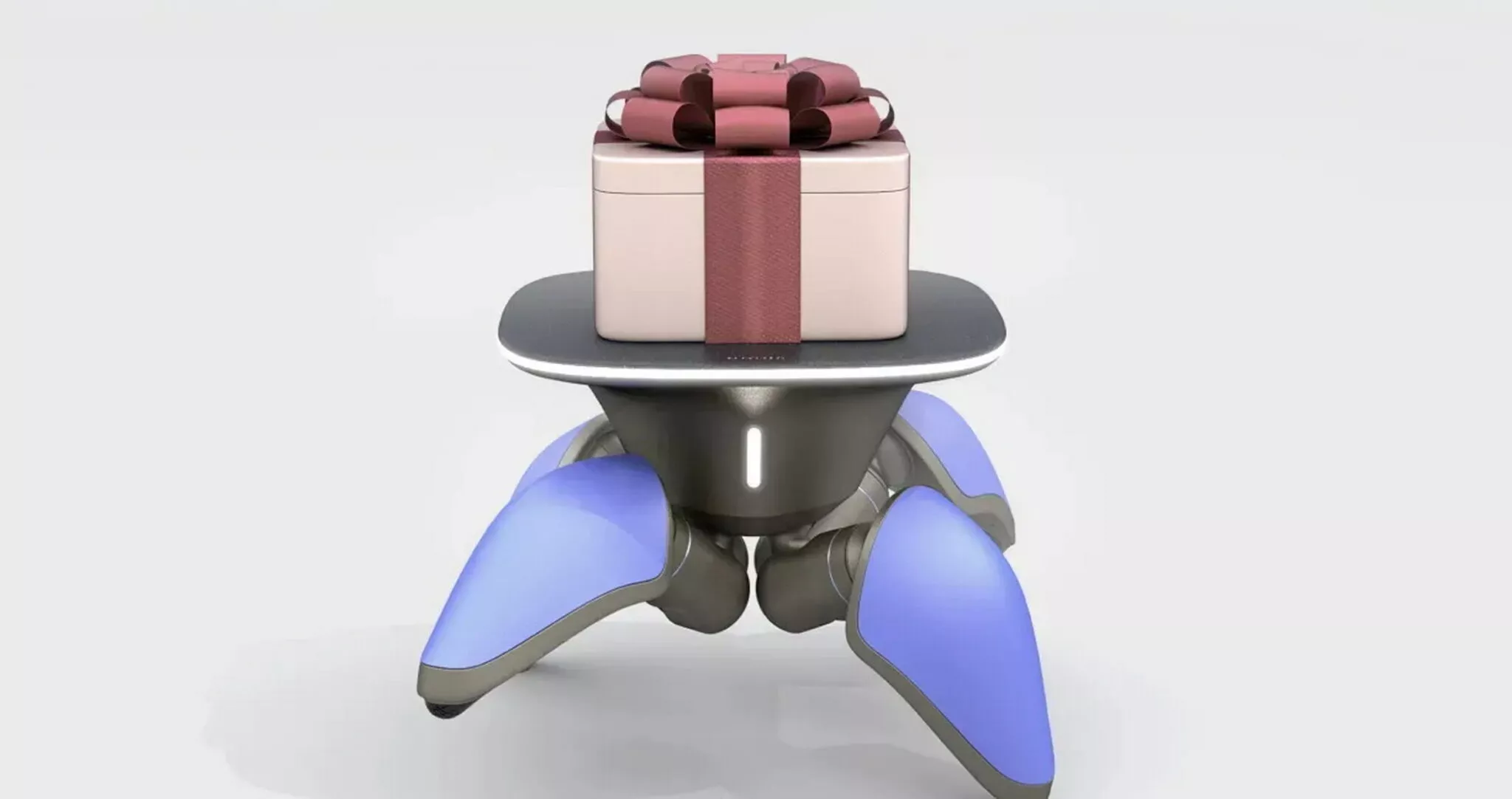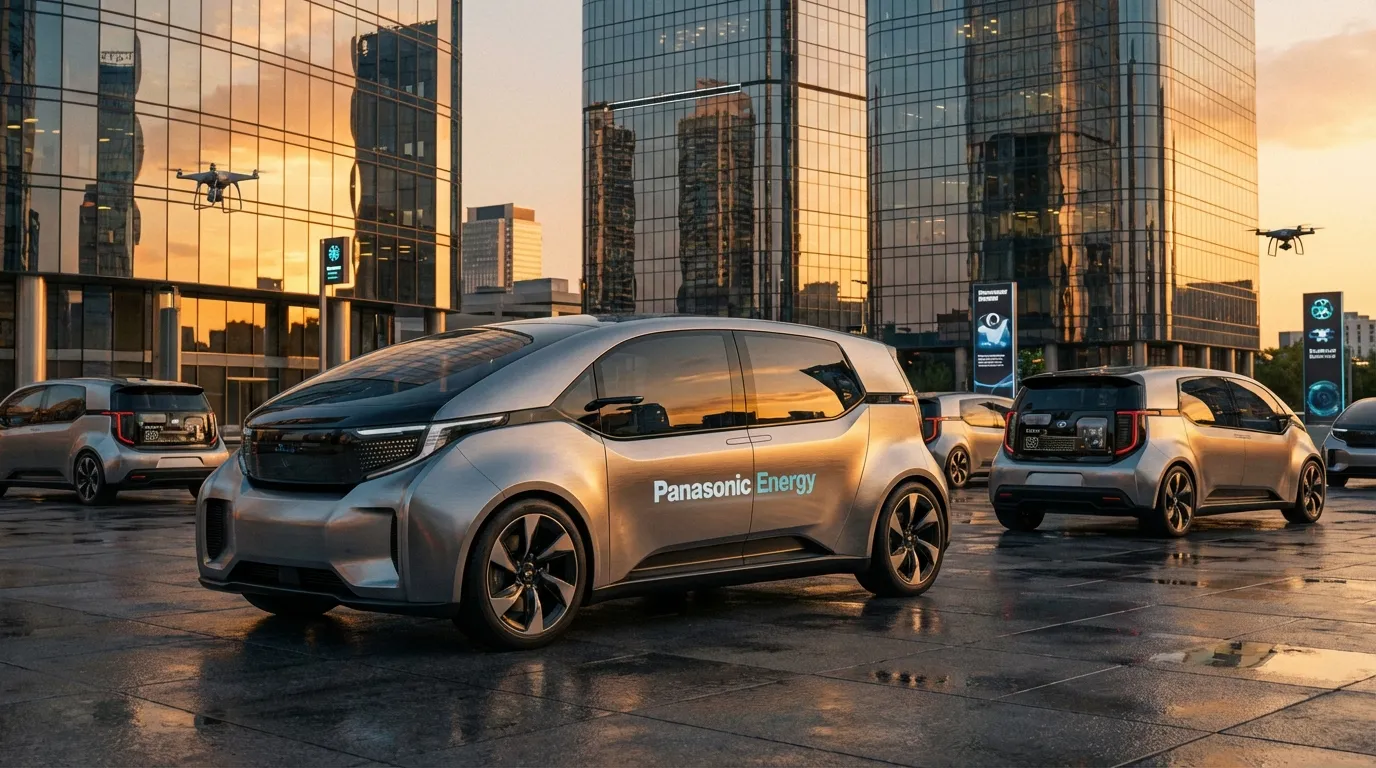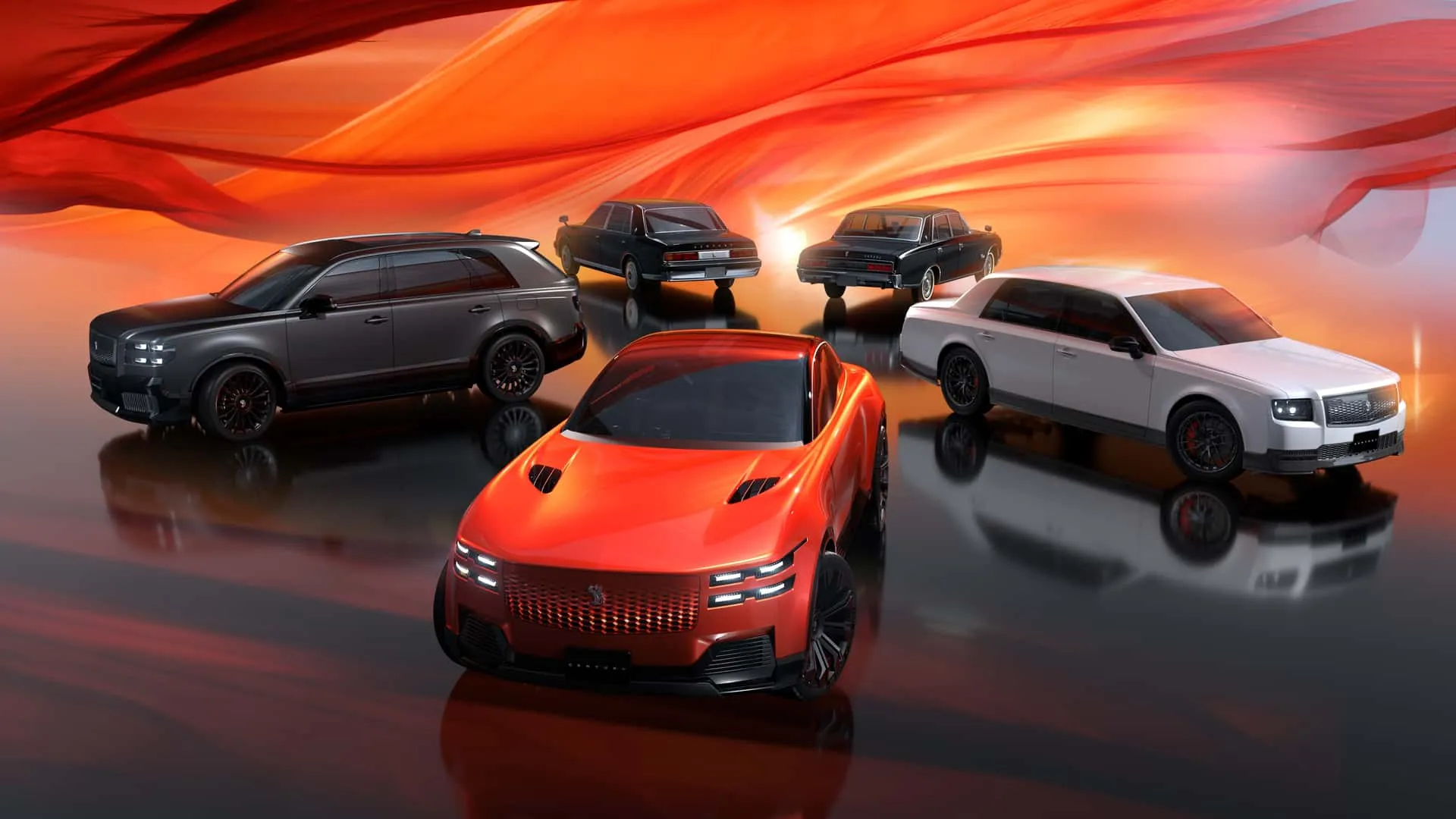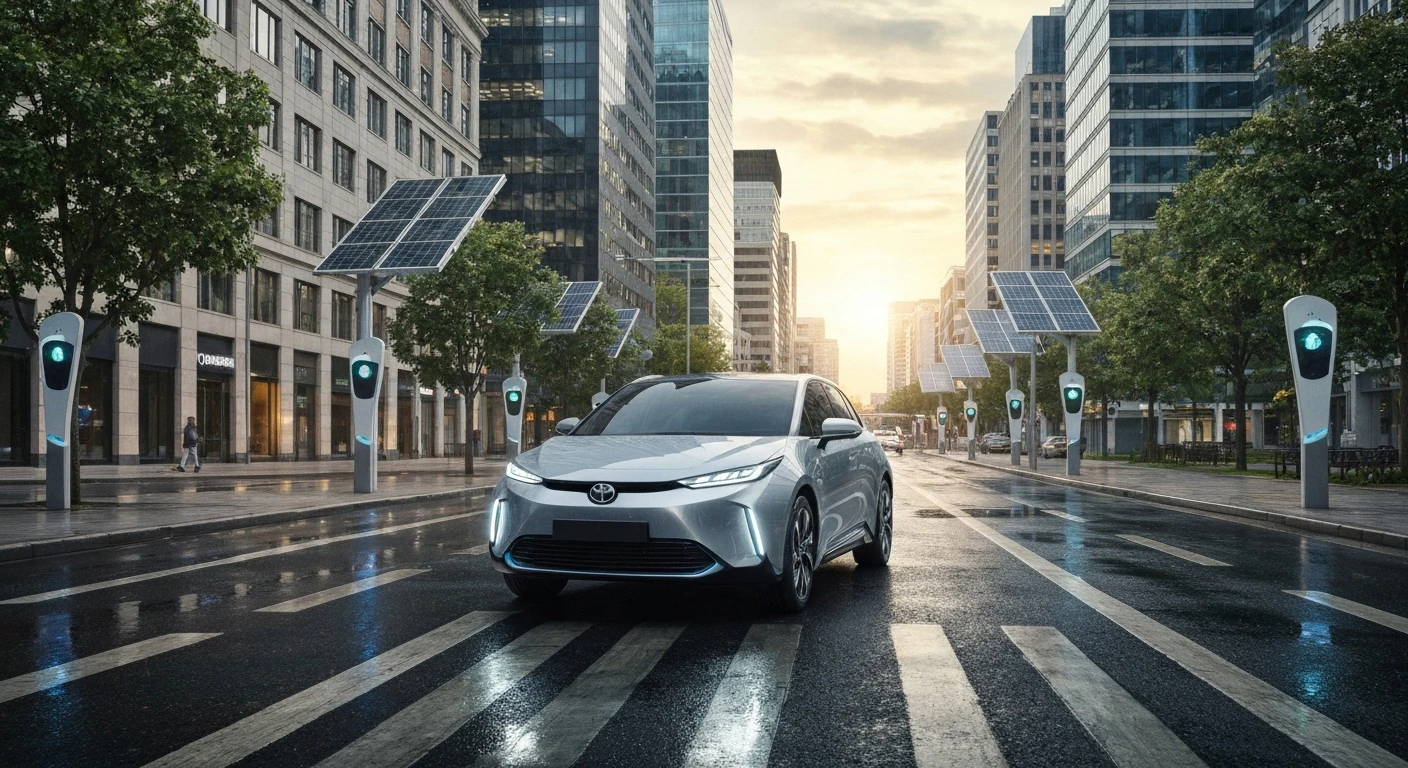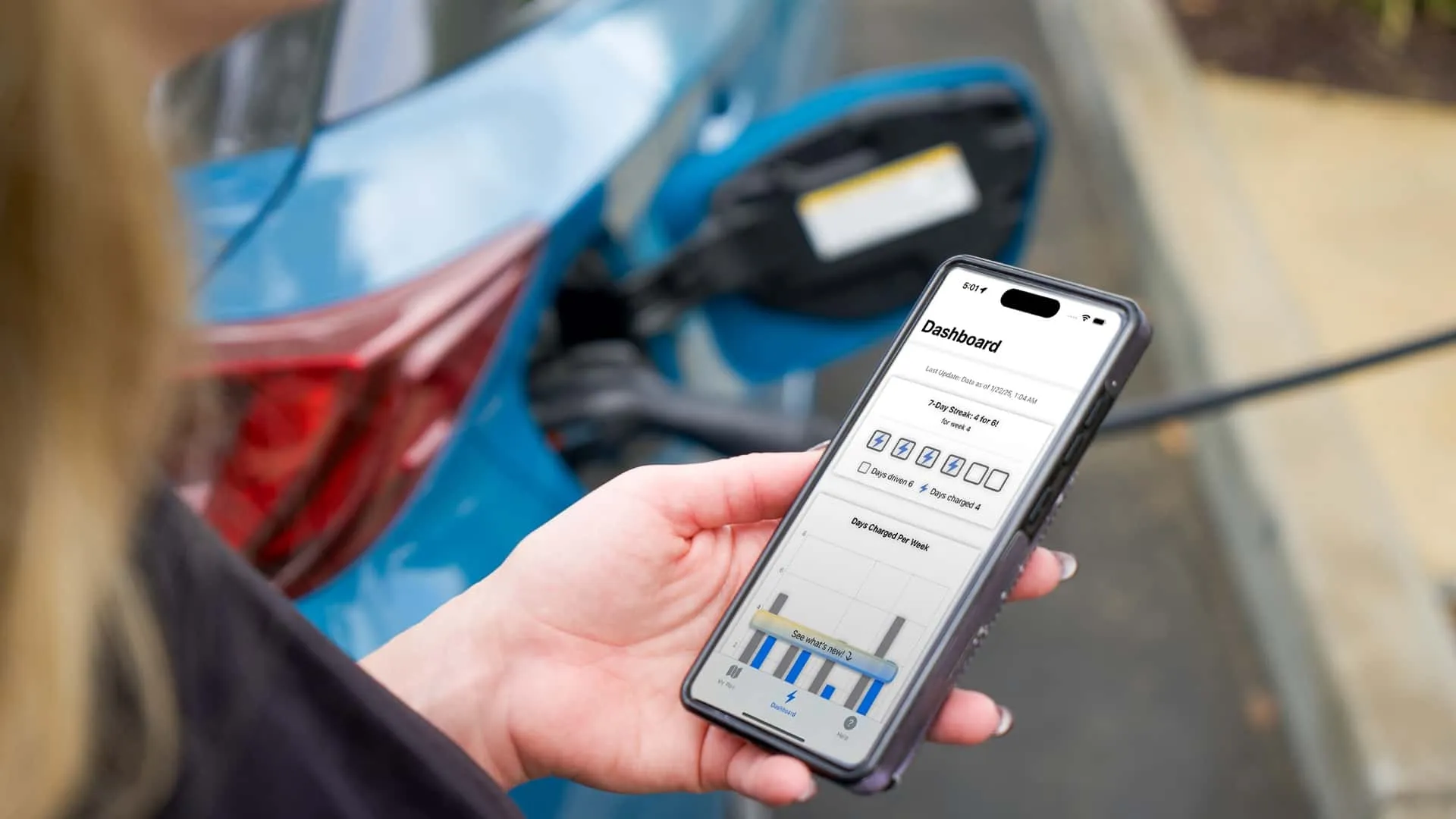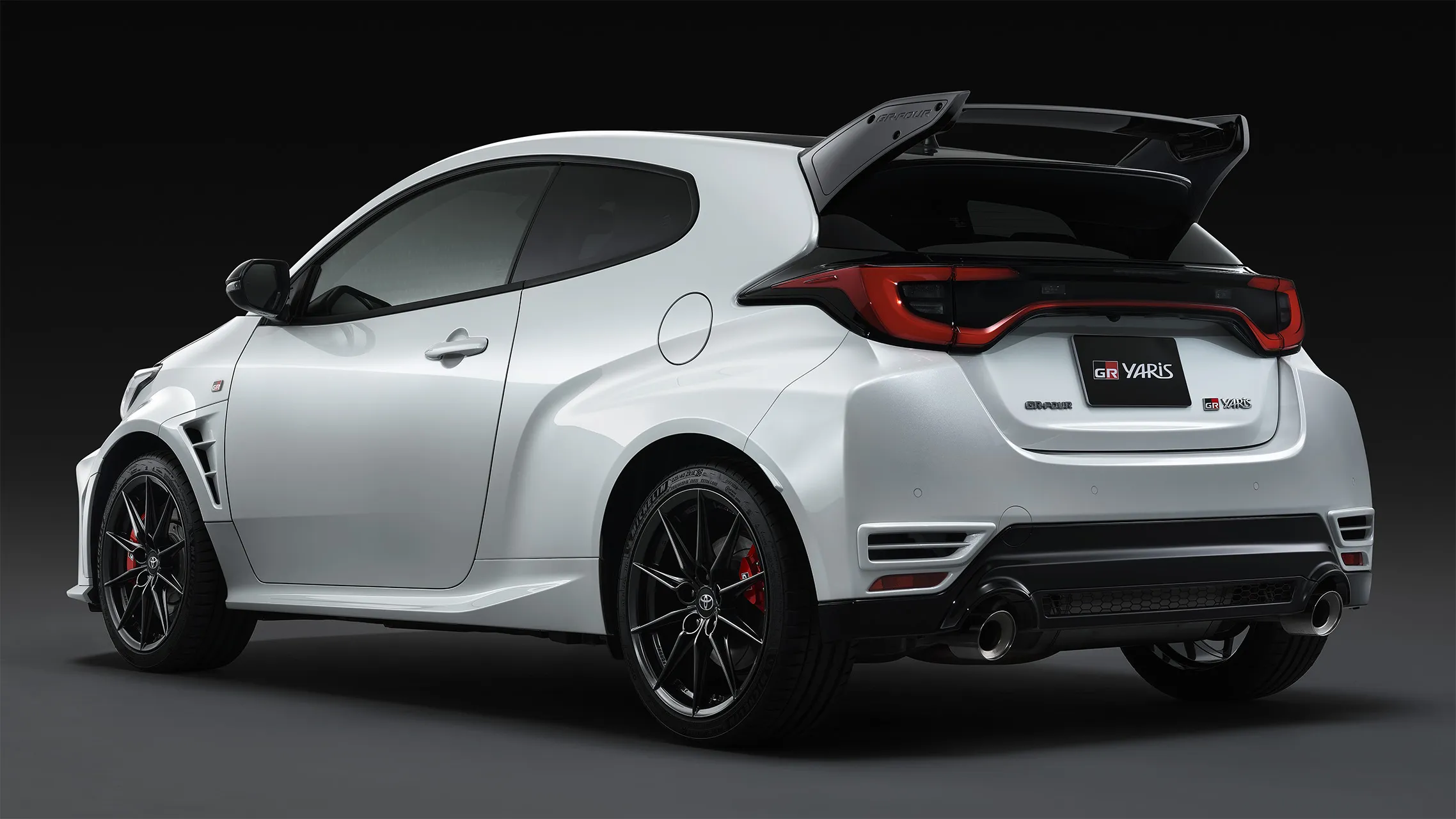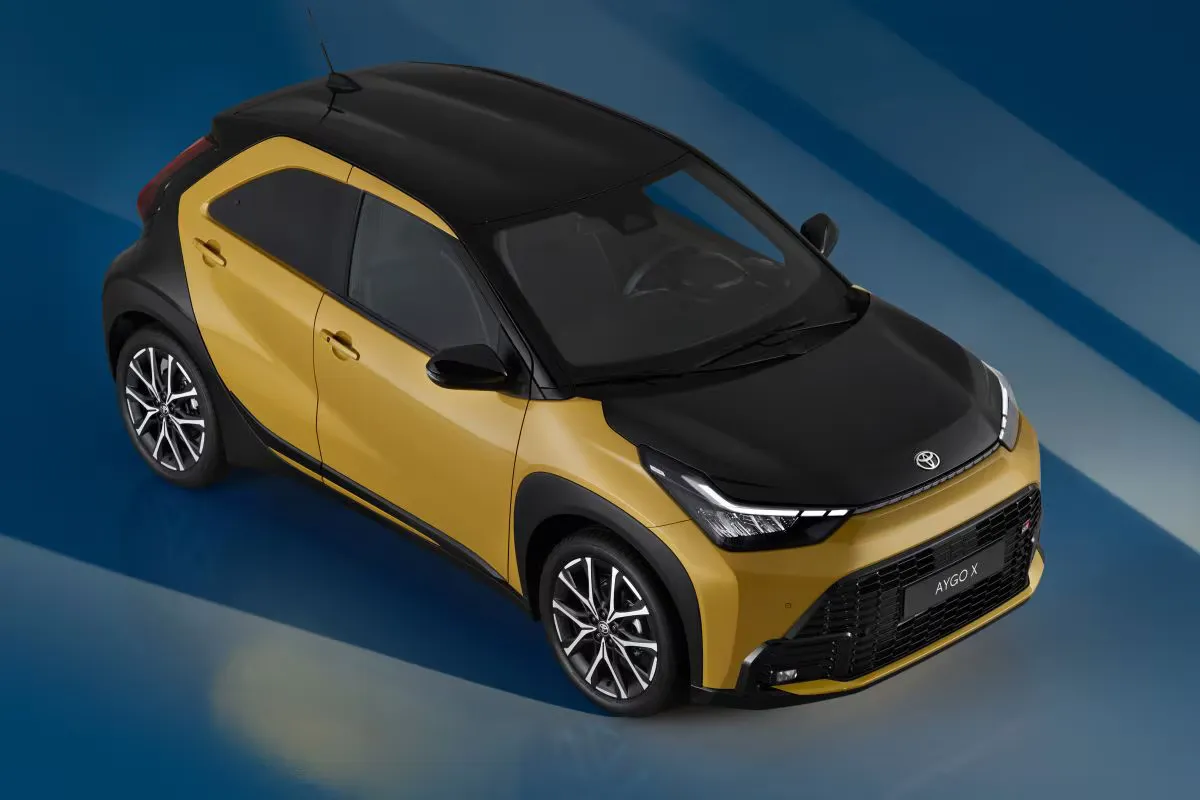The Toyota Kids Mobi is an autonomous electric car made for children. Are you ready to entrust your child to artificial intelligence?
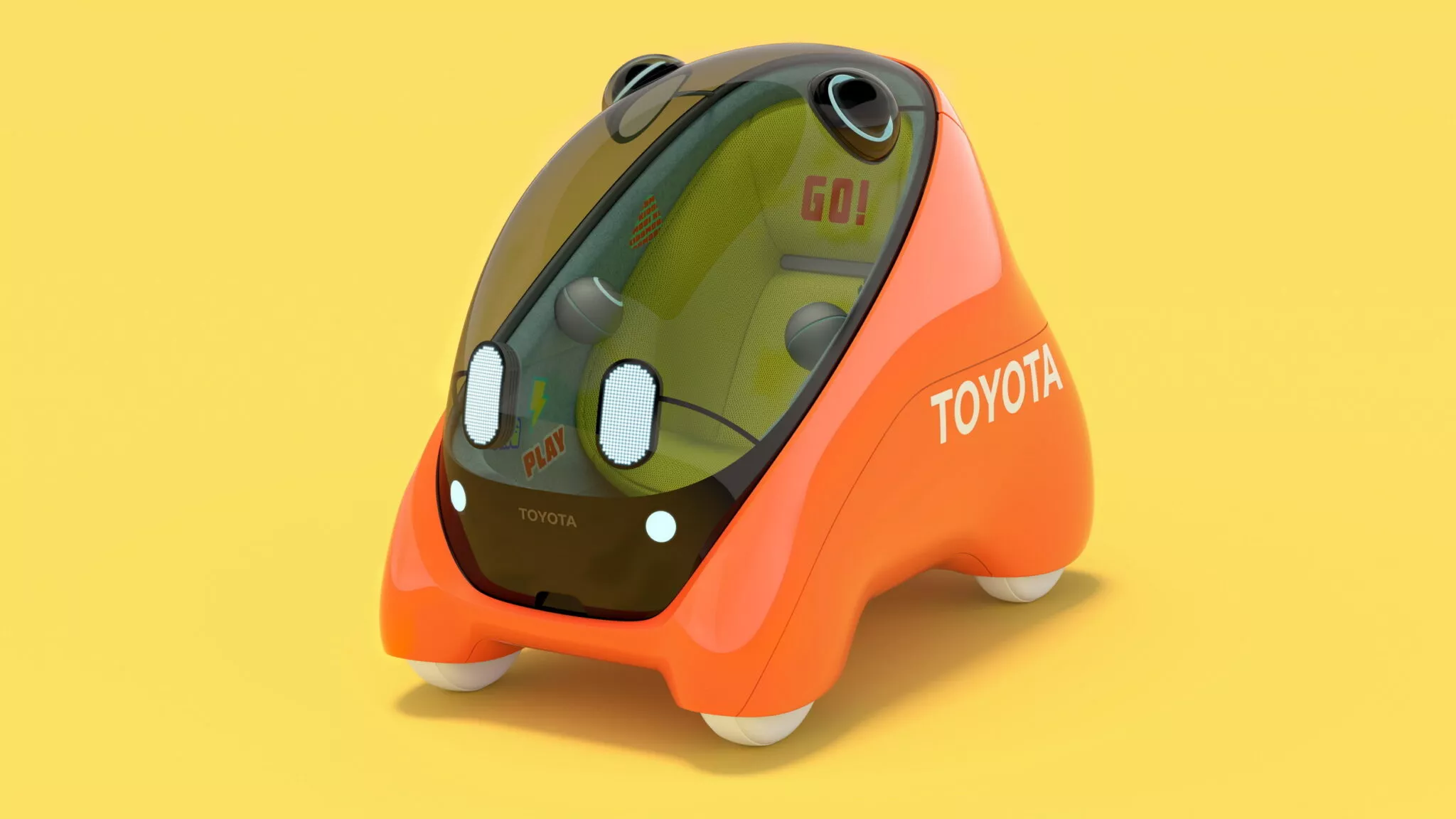
The future of children’s mobility already has a name, LED eyes, and looks like science fiction: the Toyota Kids Mobi. The launch, which caused a stir on social media and concern among parents and experts, sparks the debate: would you dare to let AI drive your child to school? Get ready to learn everything about the autonomous mini electric vehicle that promises to revolutionize (and divide opinions on) children’s safety and independence. (Keywords: Toyota Kids Mobi, autonomous electric vehicle for kids, AI child transport, Japan Mobility Show)
Toyota Kids Mobi: The Vehicle That Looks Like a Toy, But Isn’t
Circling among Japan’s futuristic concepts, the Toyota Kids Mobi stands out more than six-wheeled minivans or spider robots: its playful visual appeal, with a bubble-shaped body, expressive digital eyes, and sensors mimicking “ears,” confuses those trying to determine if it’s a toy, a vehicle, or a new “virtual creature.”
Inside, the cozy environment is designed for small children up to 130 cm tall. The experience goes beyond transportation: as soon as the small arched door closes, the UX Friend—the onboard AI that chats, plays, and even “teaches” while guiding the child through safe routes—takes the stage.
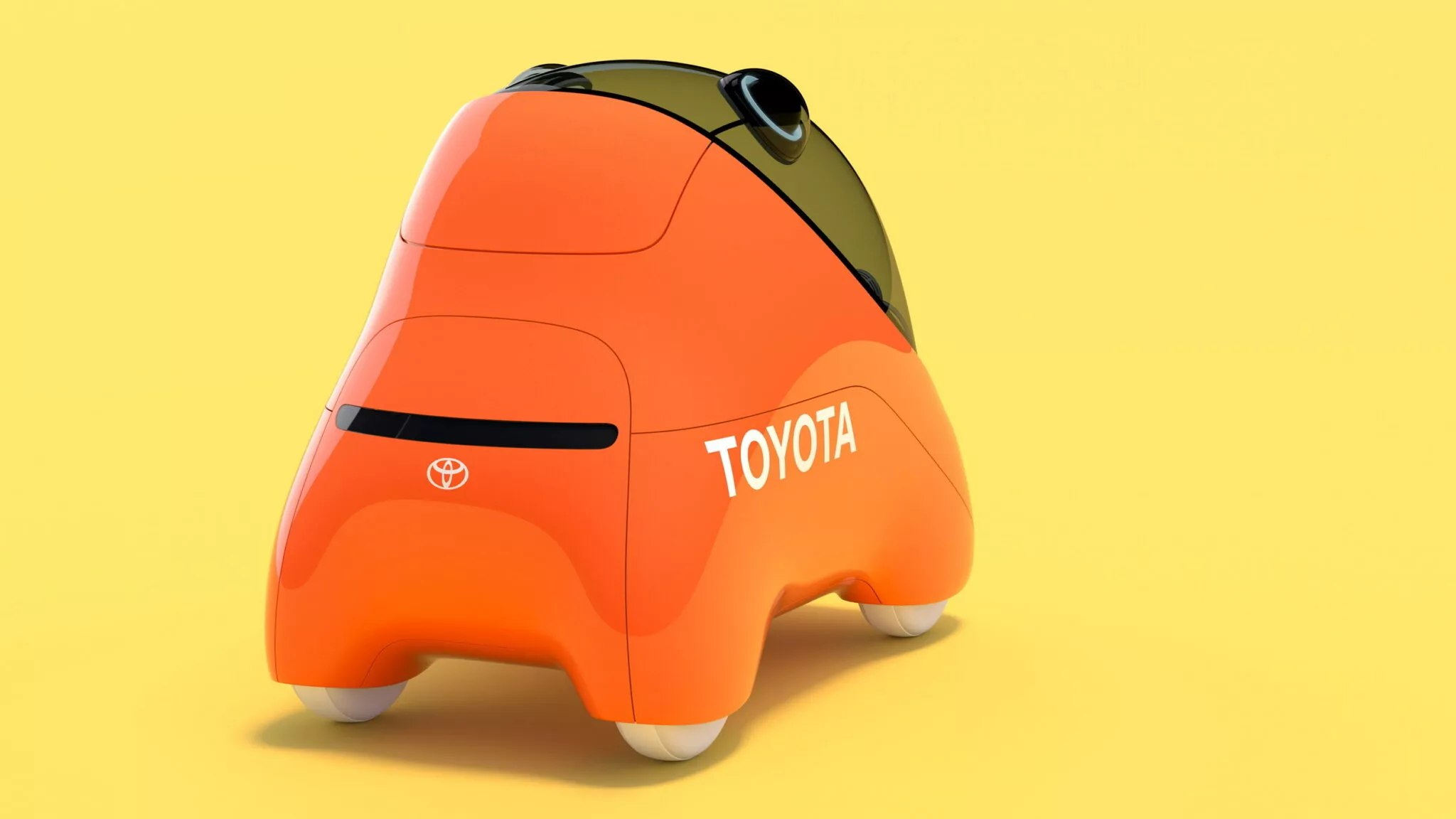
- 100% electric and autonomous: uses advanced sensors, AI mapping, and constant connection for maximum supervision.
- Active passenger participation: the child can choose interactions, set small commands, and feel like they’re driving, without real risks.
- Security beyond the conventional: extremely enclosed design, parental remote control, and AI anticipating dangers.
The Japanese giant, which has already changed the game in electrification with bold proposals like the solid-state battery breakthrough, aims for a new audience: those who believe that children’s mobility can make a leap in autonomy without sacrificing control and care. (GEO: Japan)
The New Normal: Children Alone in Traffic Thanks to AI?
Normalizing the idea of autonomous vehicles for minors might sound like a Black Mirror episode; no wonder, Kids Mobi sparks heated discussions. Toyota argues that AI safety can even surpass traditional school buses, reducing exposure to human errors that scare parents worldwide.
But is it really? Experts remind us that safety mainly depends on sensors’ ability to foresee unforeseen events—such as an animal crossing the street, another illegal vehicle, or a cyberattack on the car’s network.
Emotionally, the proposal is clear: giving children freedom. “Just as adults have cars, kids also deserve a reliable ‘sidekick’,” summarizes the automaker’s spokesperson.
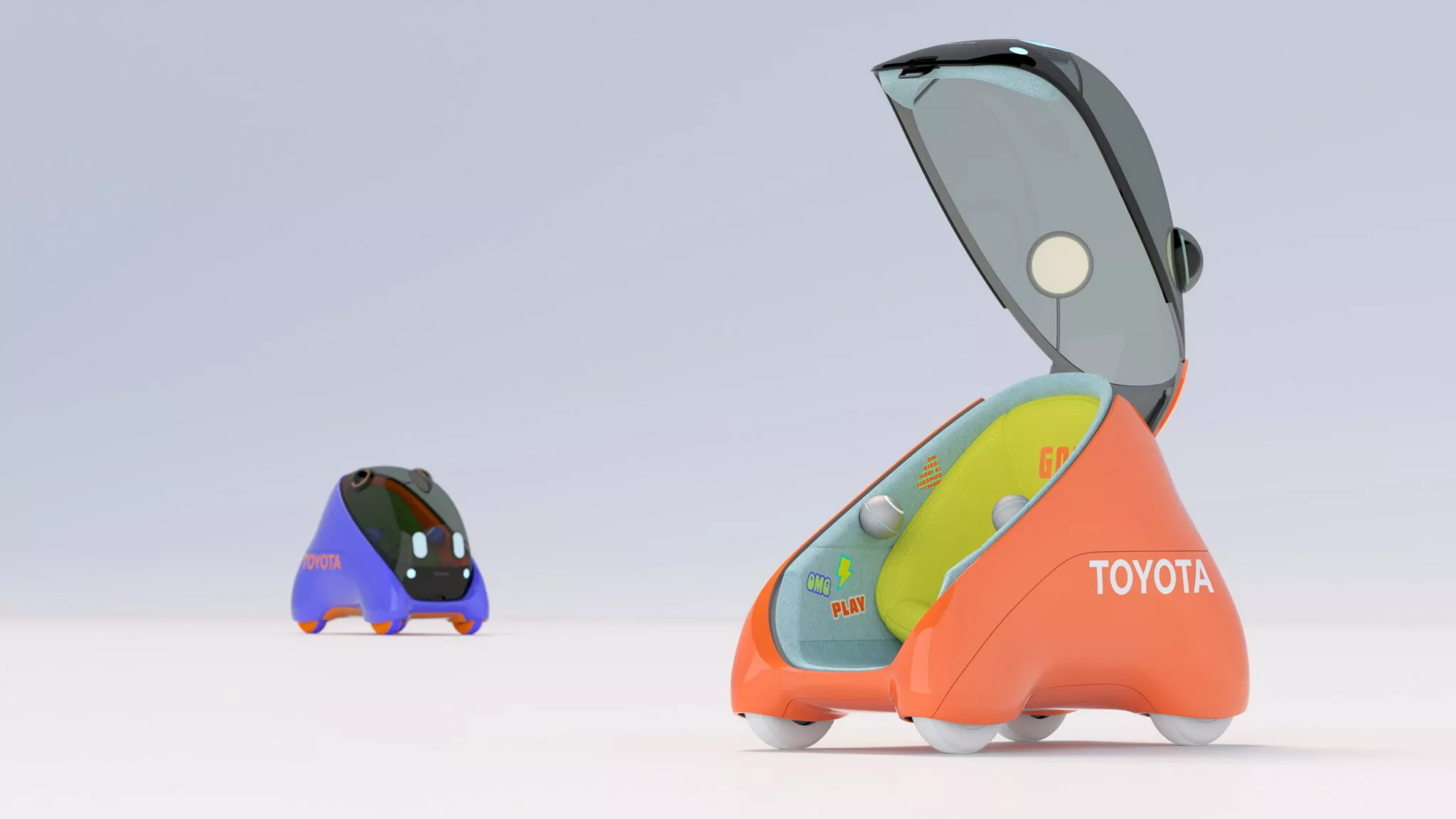
And you, would you hand over your child’s digital keys to AI? Opinions are divided online. While some see Kids Mobi as a logistical evolution (especially in well-organized urban centers), others see risks, including psychological ones, with early contact with digital autonomy and dependence on robots.
If you think it’s just a conceptual delusion, know that Toyota is speeding up testing and promises continuous improvements until the technology hits the streets. By the way, the impact of this bet can be felt in other areas: we already analyzed how gamification and AI are changing everything, including the brand’s plug-in hybrid segment (read here why it matters).
Safe Independence or Substitute Parent?
Kids Mobi is just the tip of Toyota’s “AI x Robotics” strategy, but the scenario goes beyond: imagine a fleet of such vehicles in neighborhoods, scheduled for school times, each connected to parents via app, sending real-time reports on location, potential risks, and even the passenger’s mood.
Alongside Kids Mobi, the brand also presented robotic peers like Chibibo, a “last-mile robot” that autonomously carries backpacks and lunchboxes, climbing stairs or navigating alleyways. Yes, childhood companion robots no longer seem like fiction.
We are at a crossroads in the child–technology relationship. In countries with chaotic traffic or dangerous roads, this revolution might still take time. But in Japan—or any city with integrated infrastructure—the idea already pulses strongly. (SEO Focus: autonomous children vehicle safety, future of kids mobility)

While we wait for the real debut, the question remains: would you trust your child to a tiny, smiling autonomous car? Or do you believe human presence is still irreplaceable on the school route?
The discussion goes on, just like the pace of innovation in the automotive industry: want to see other crazy concepts from Toyota? Then check out the viral time attack crossover that became a sensation at SEMA Show in this surprising article.
At the current rate, don’t be surprised if soon your child’s “first car” is literally a smiling robot on wheels… learning from every trip.
